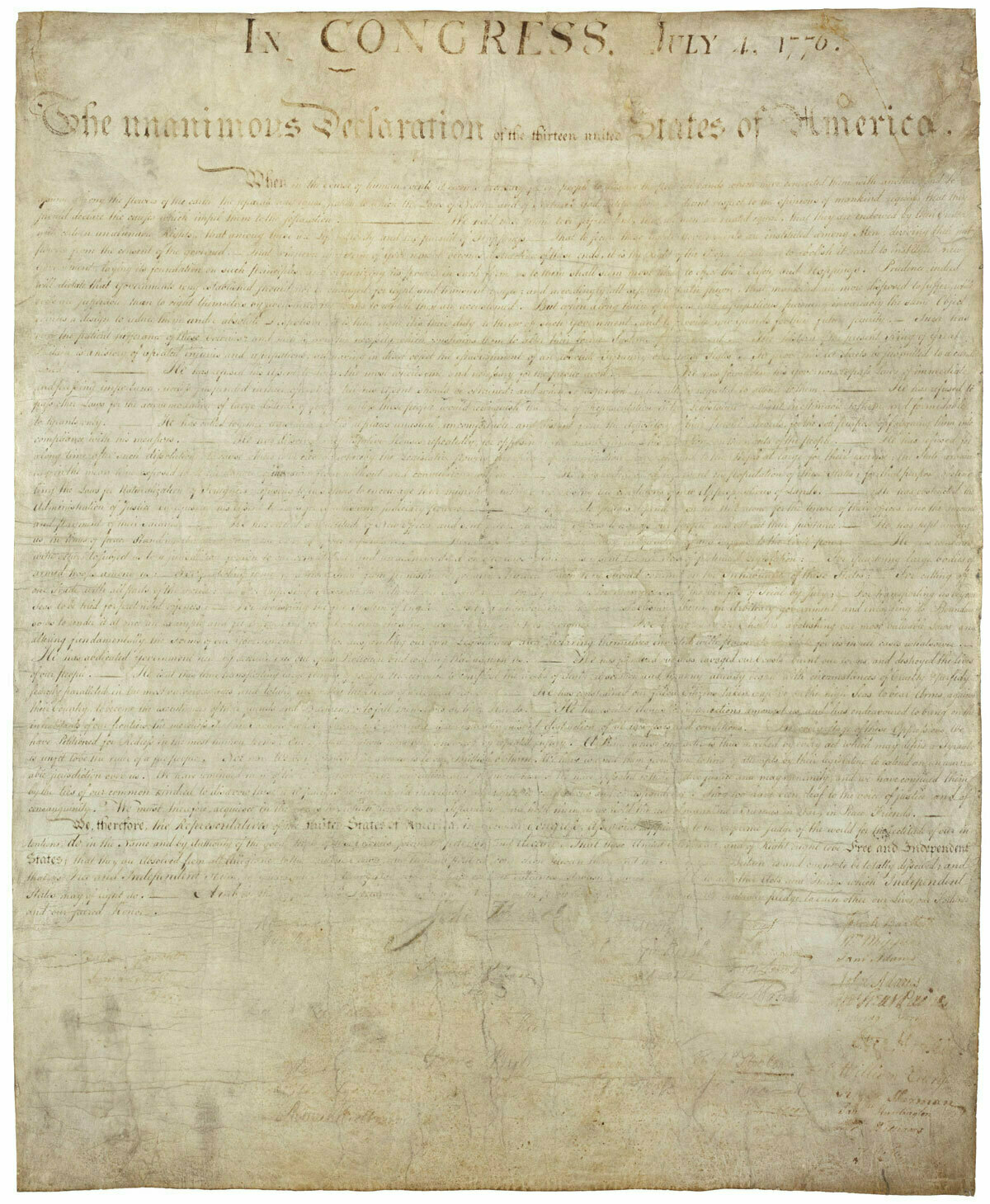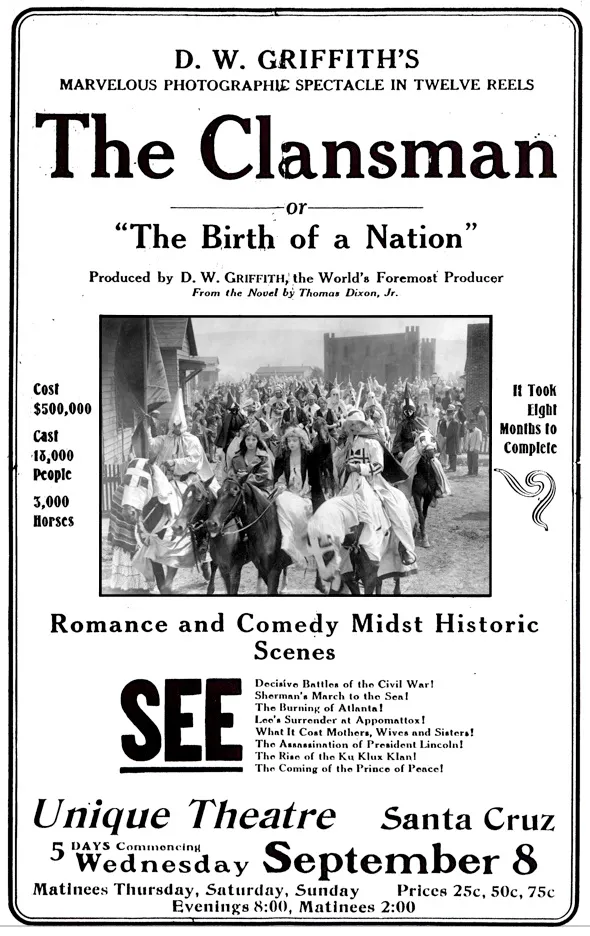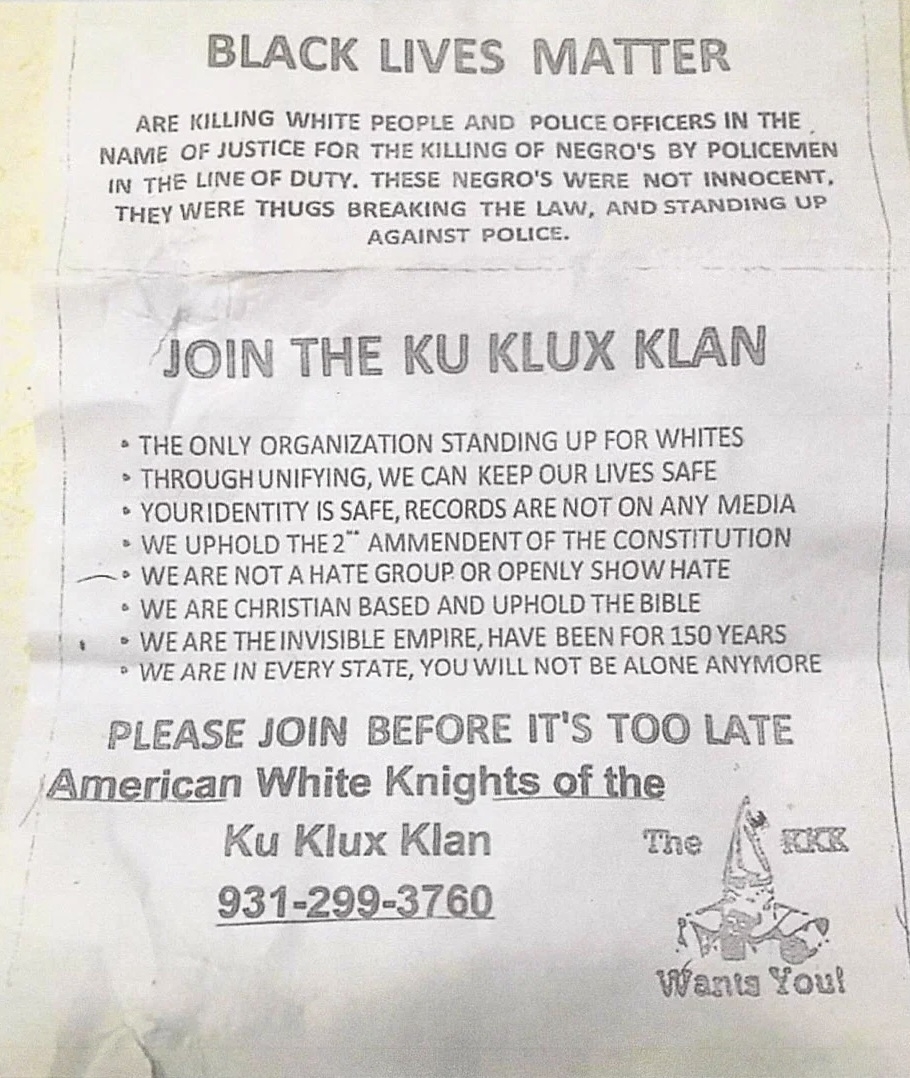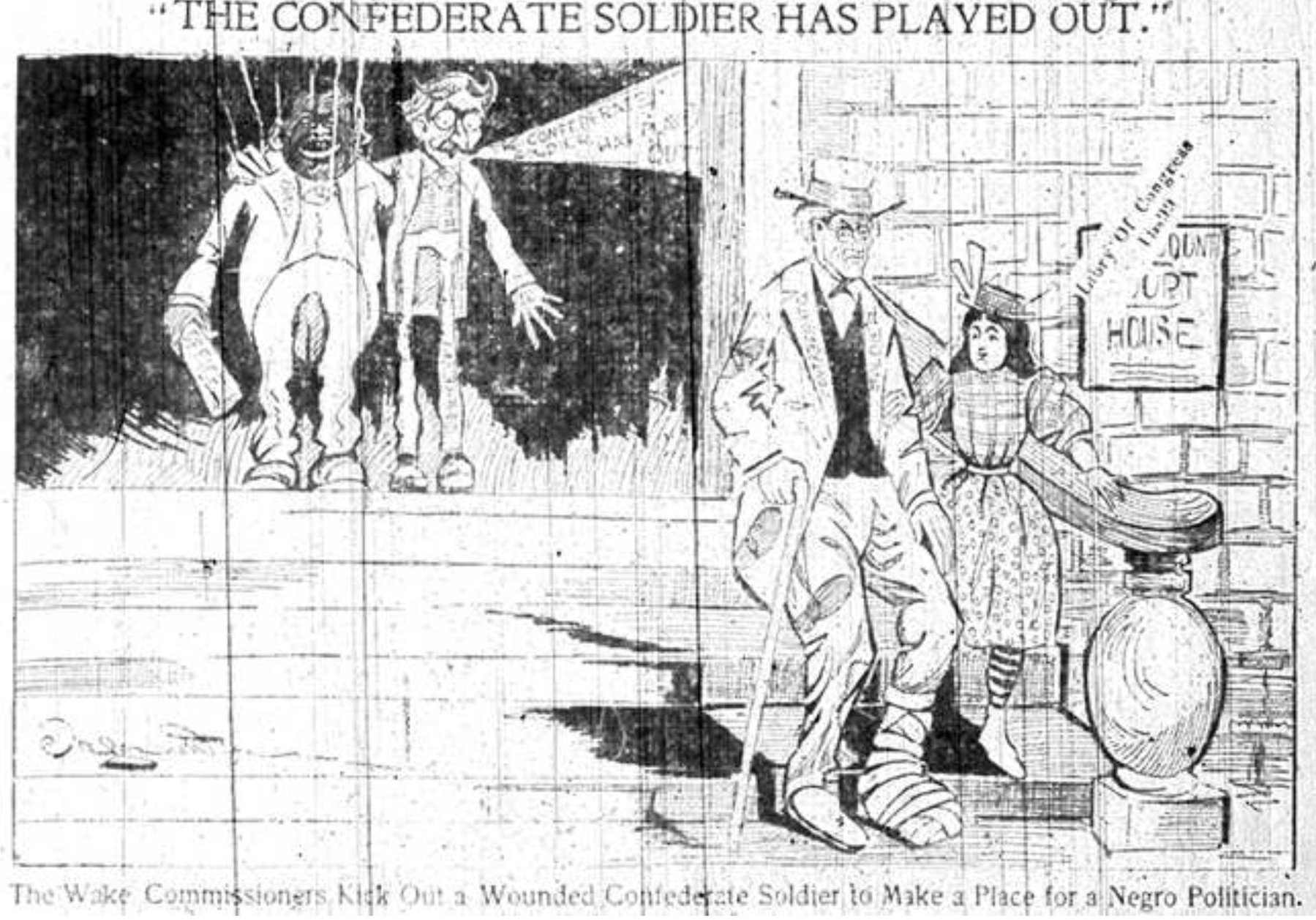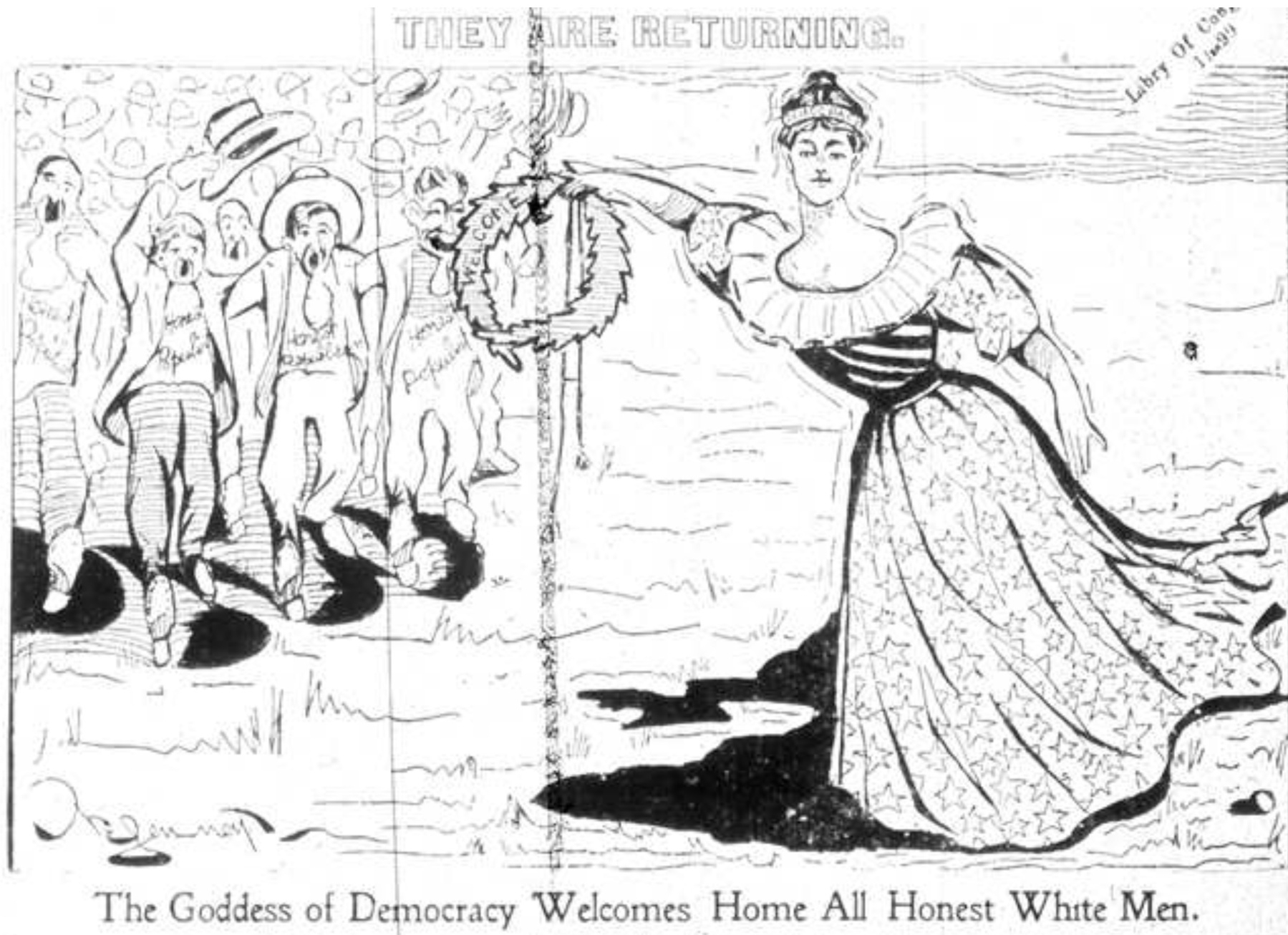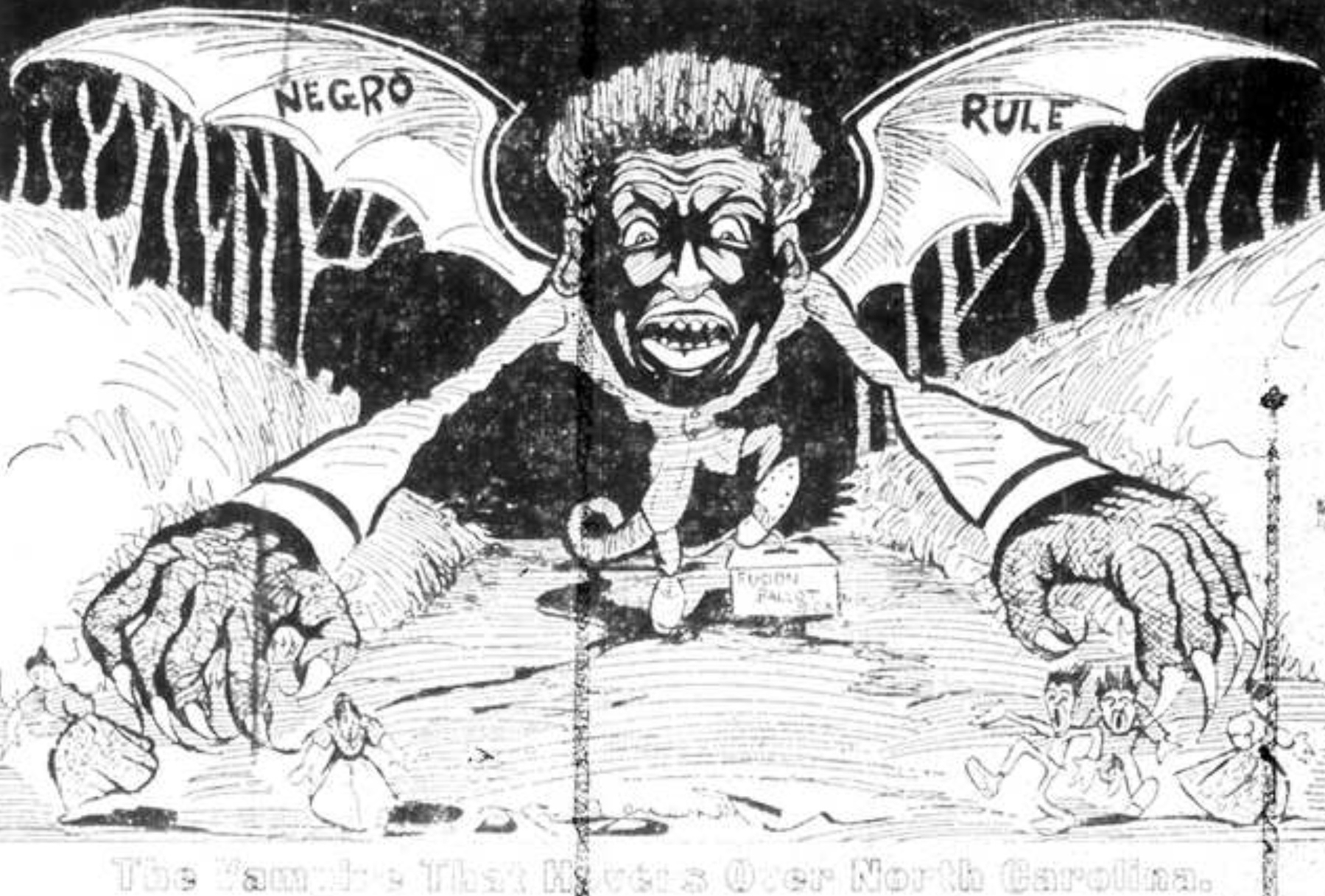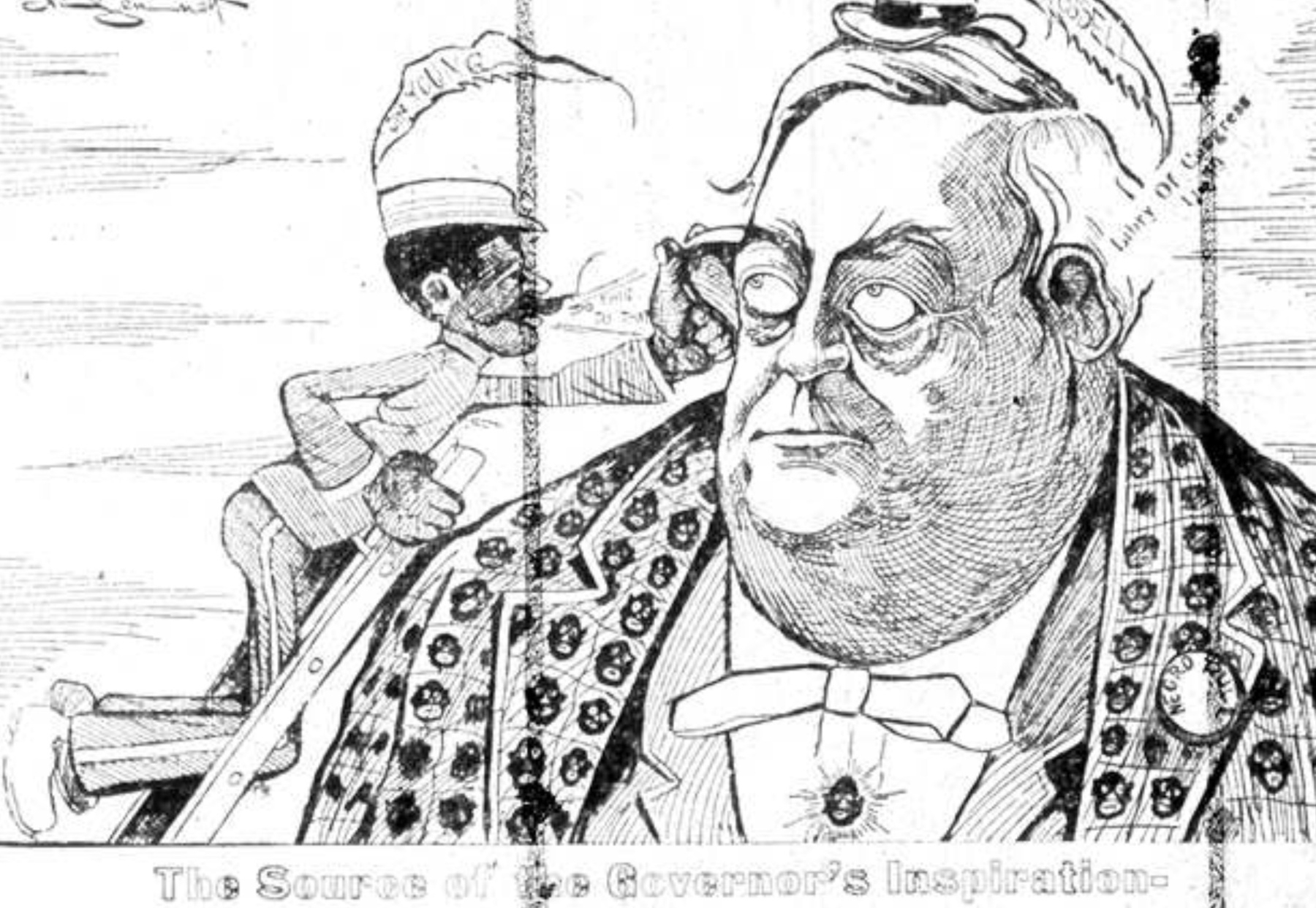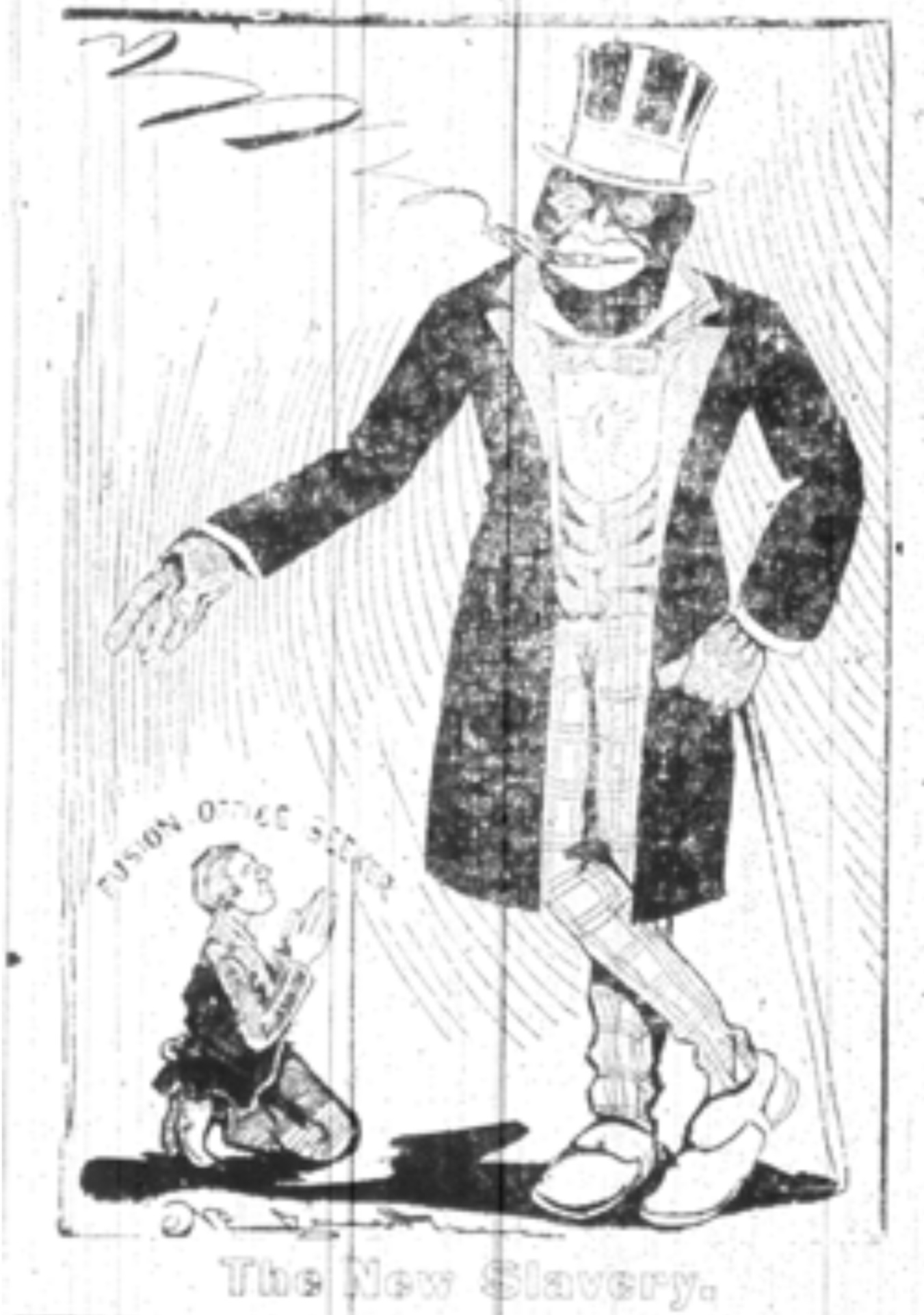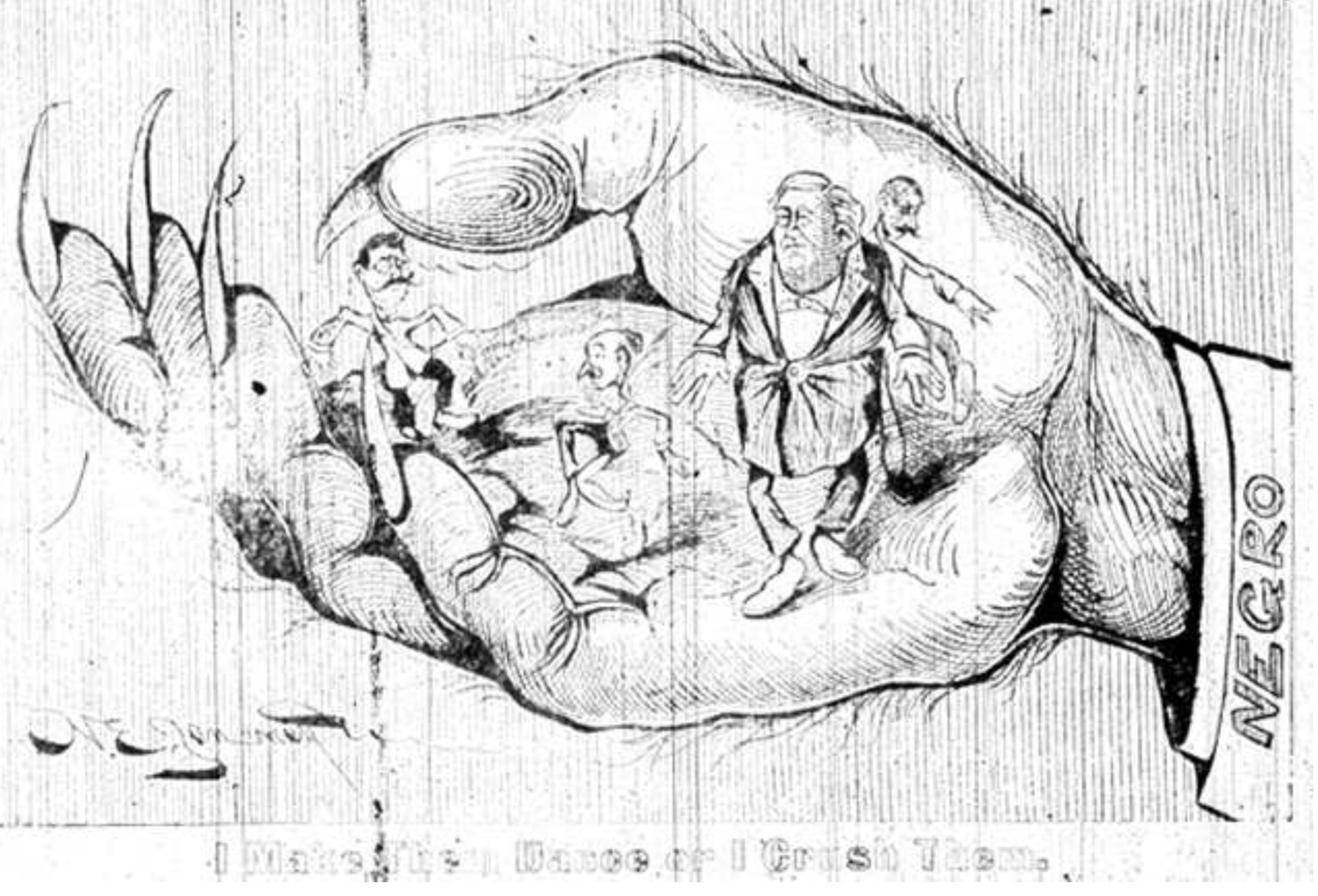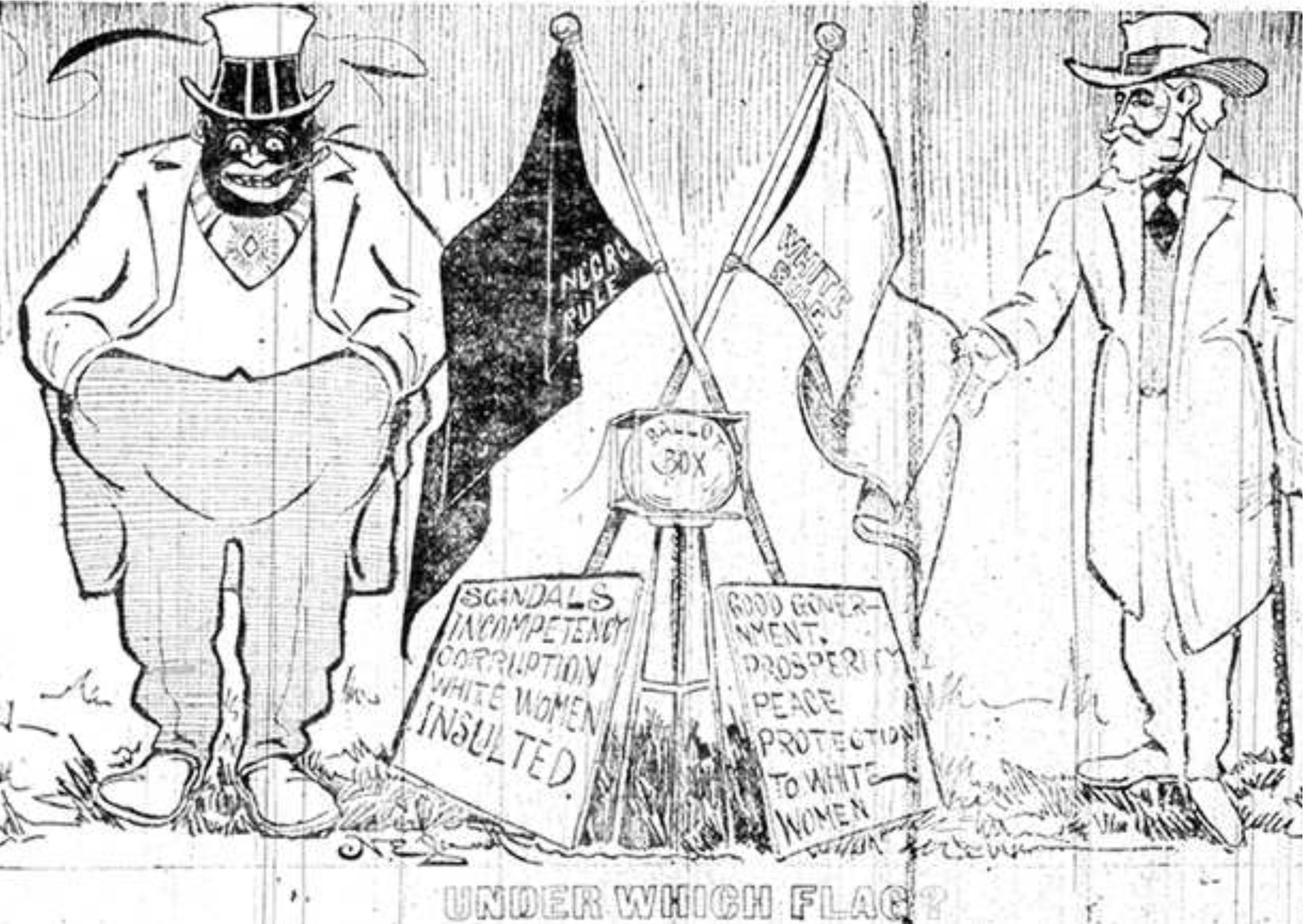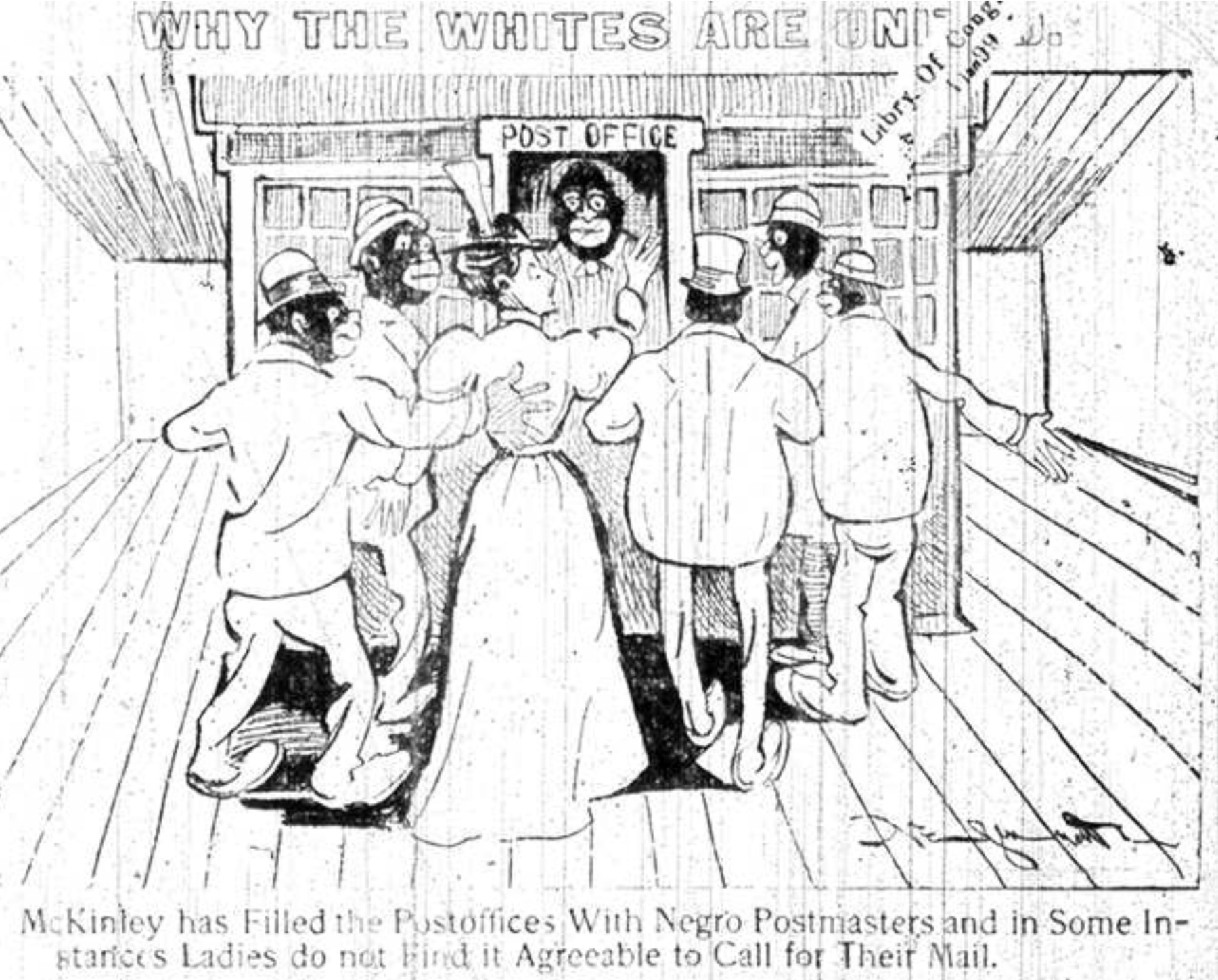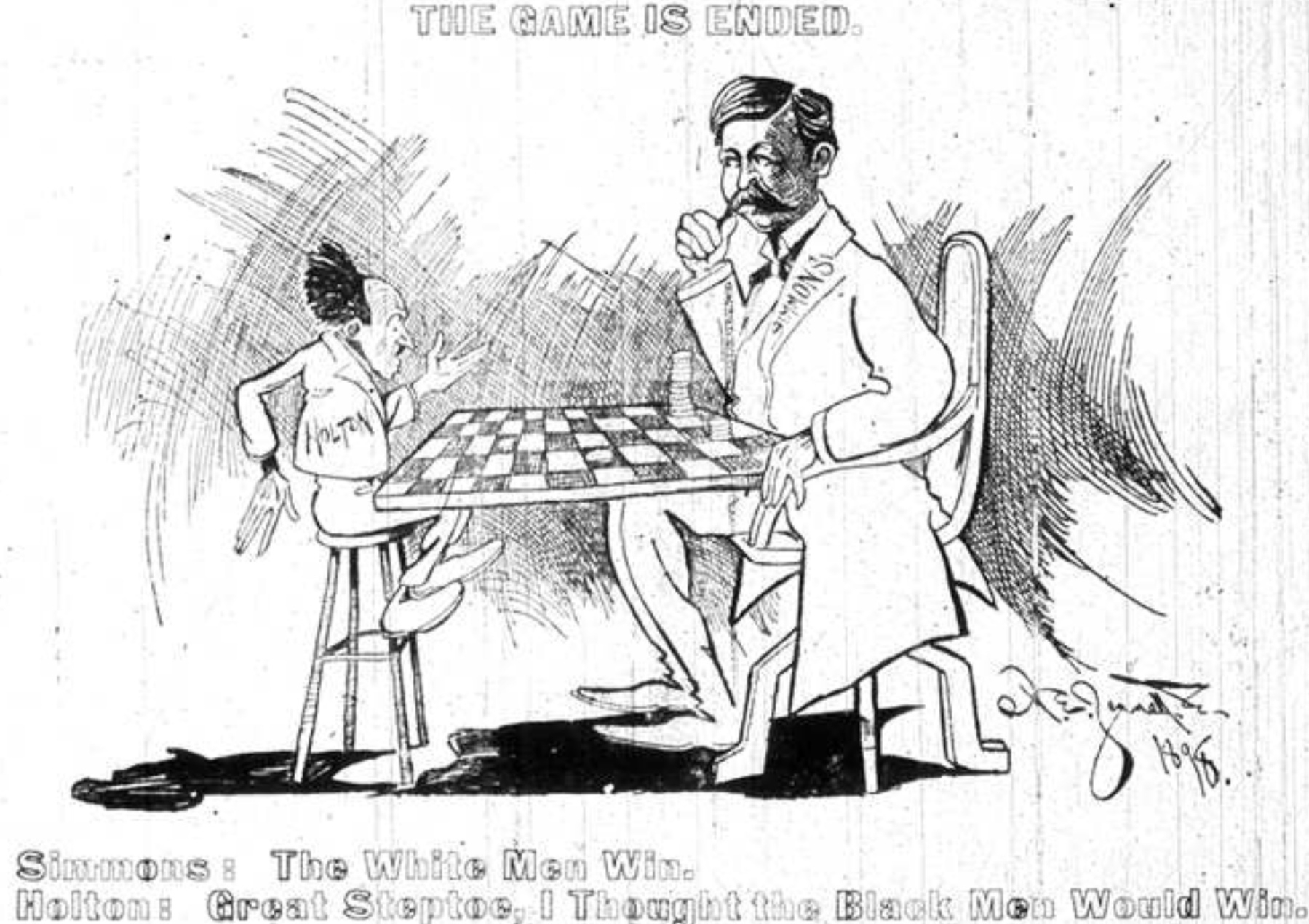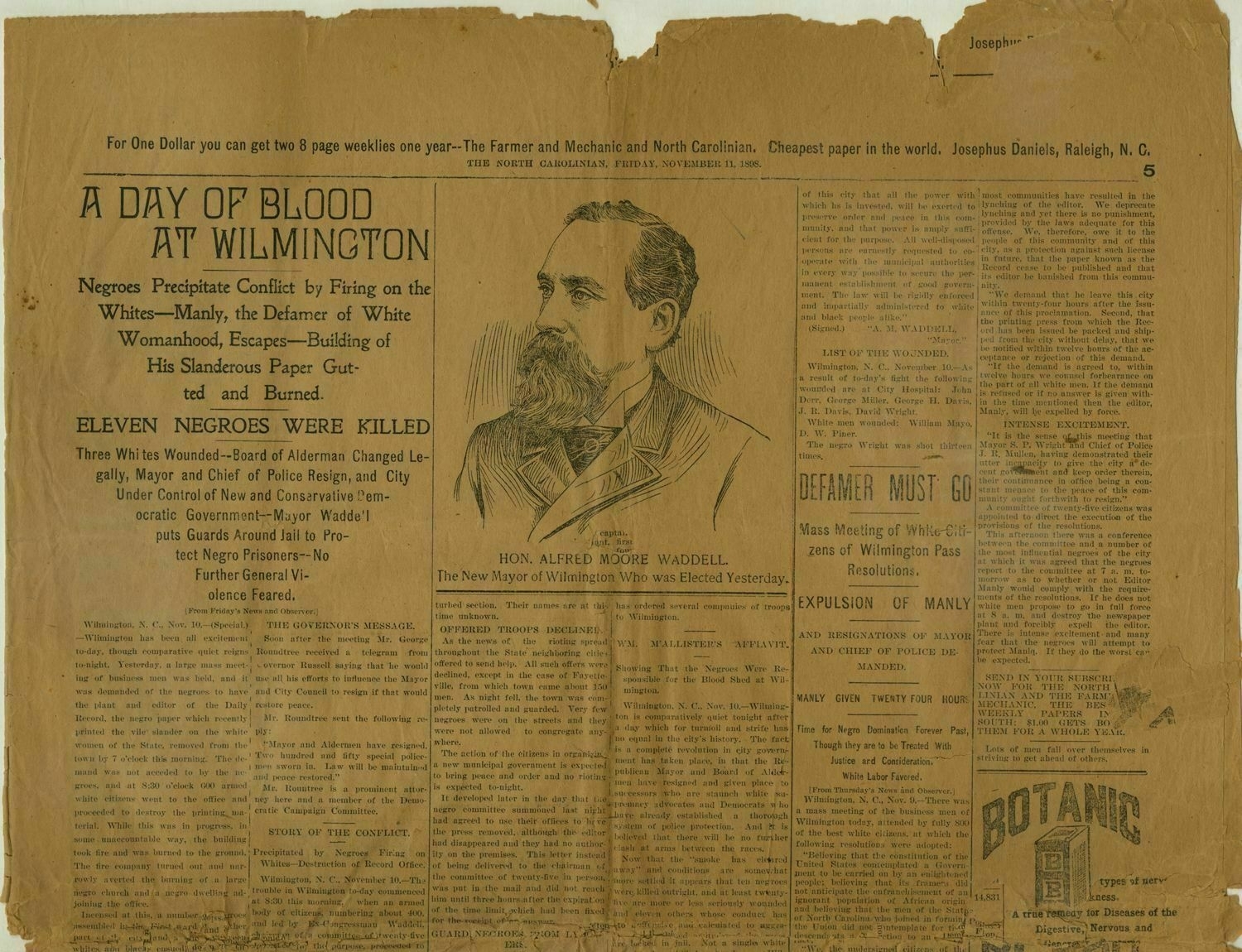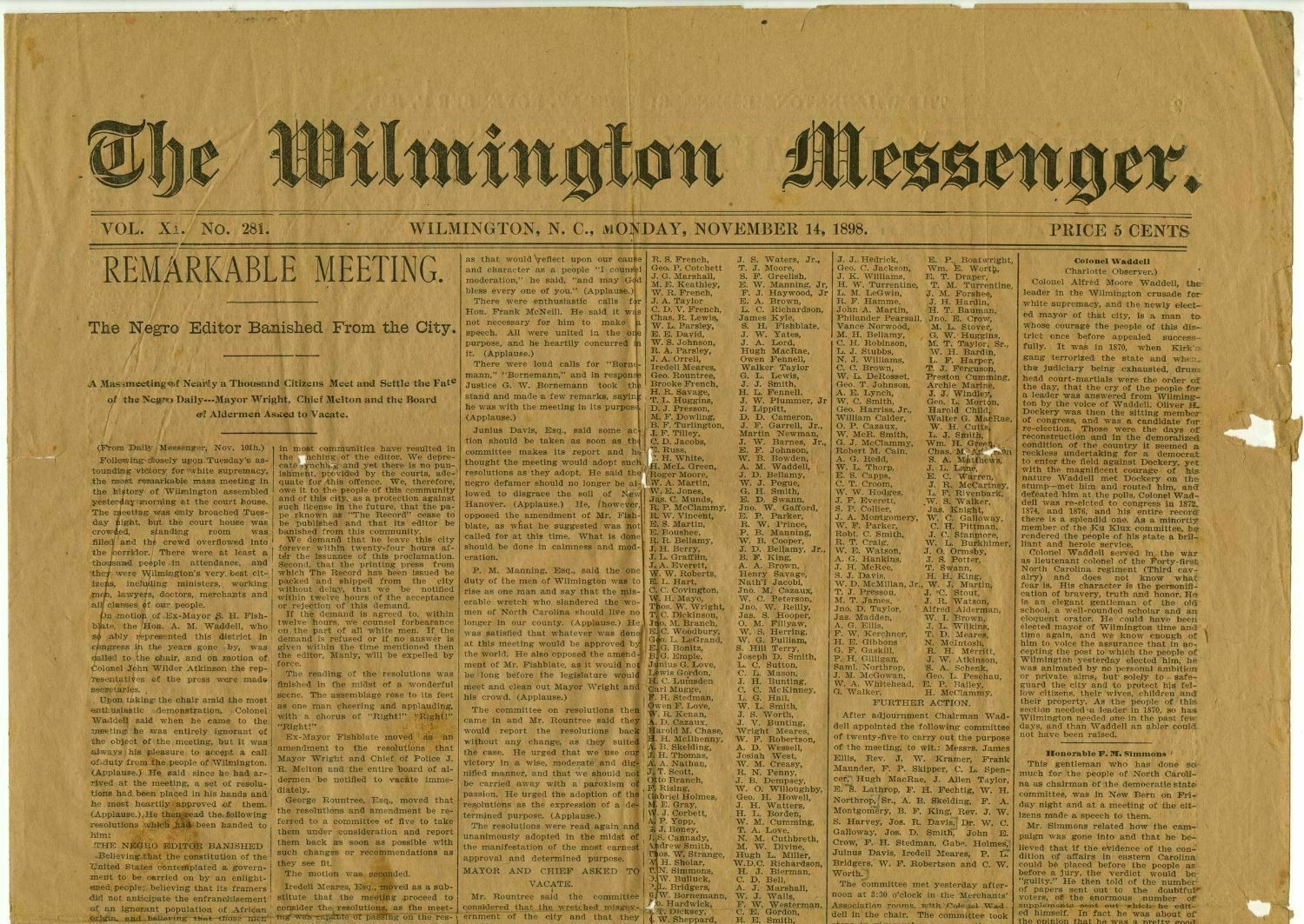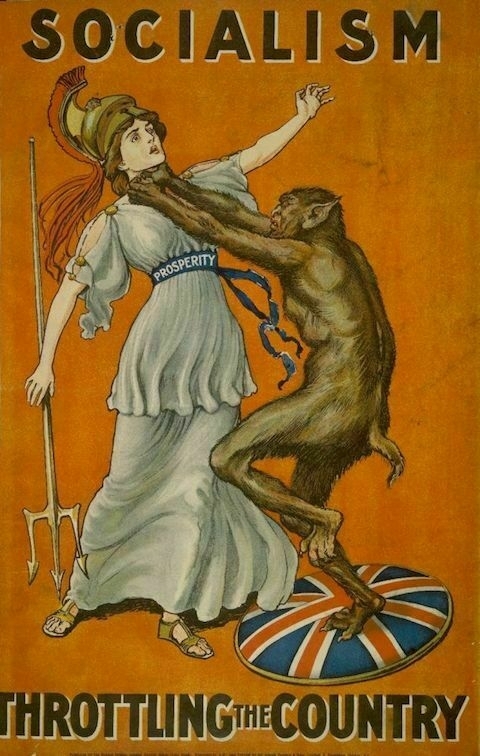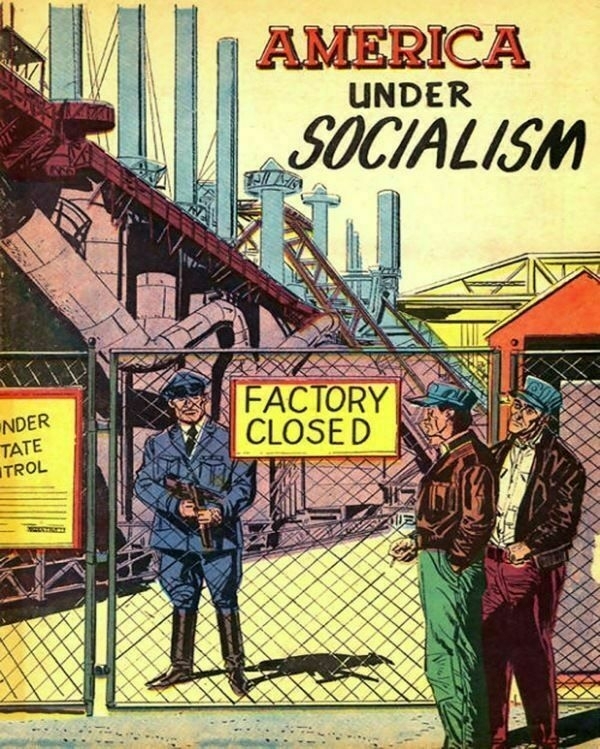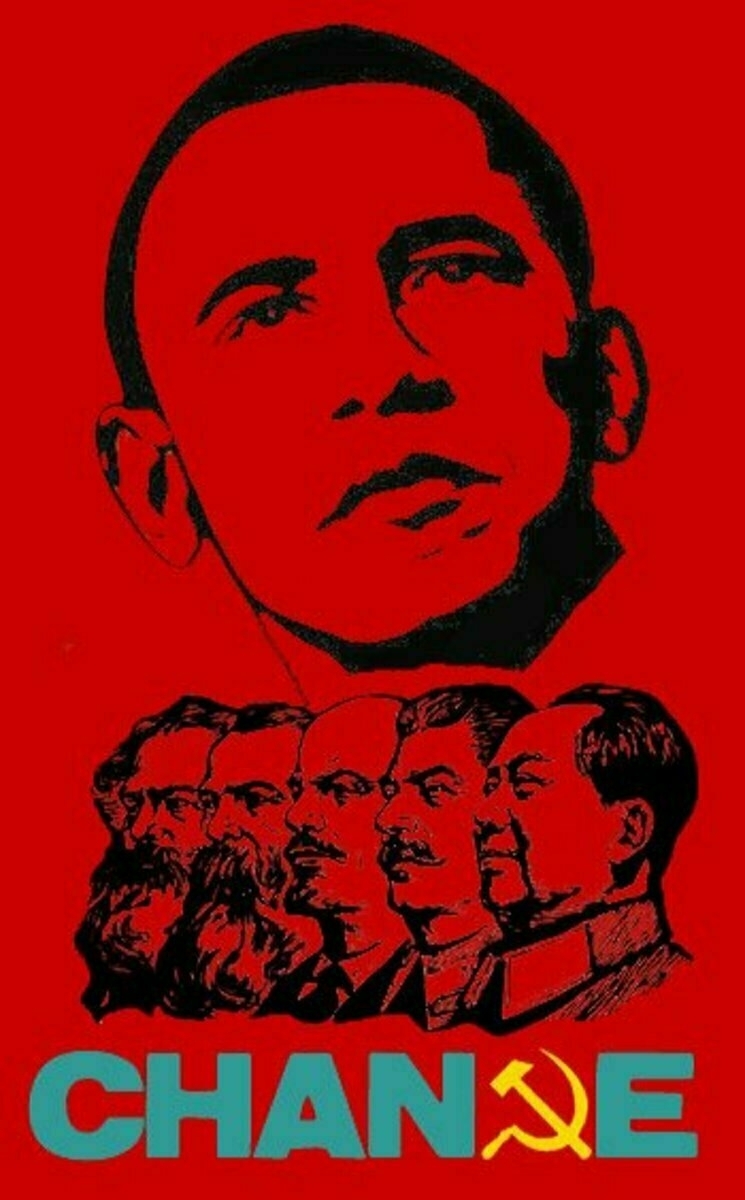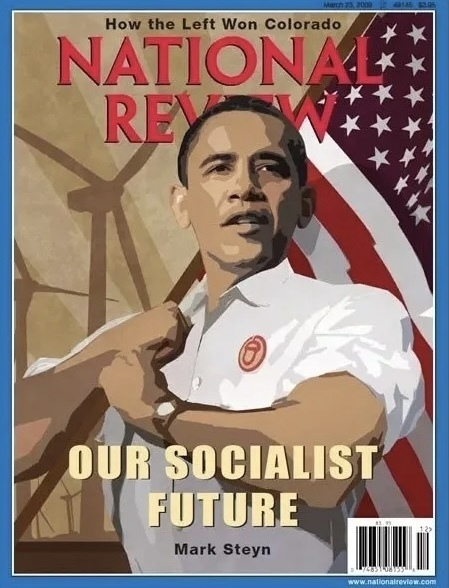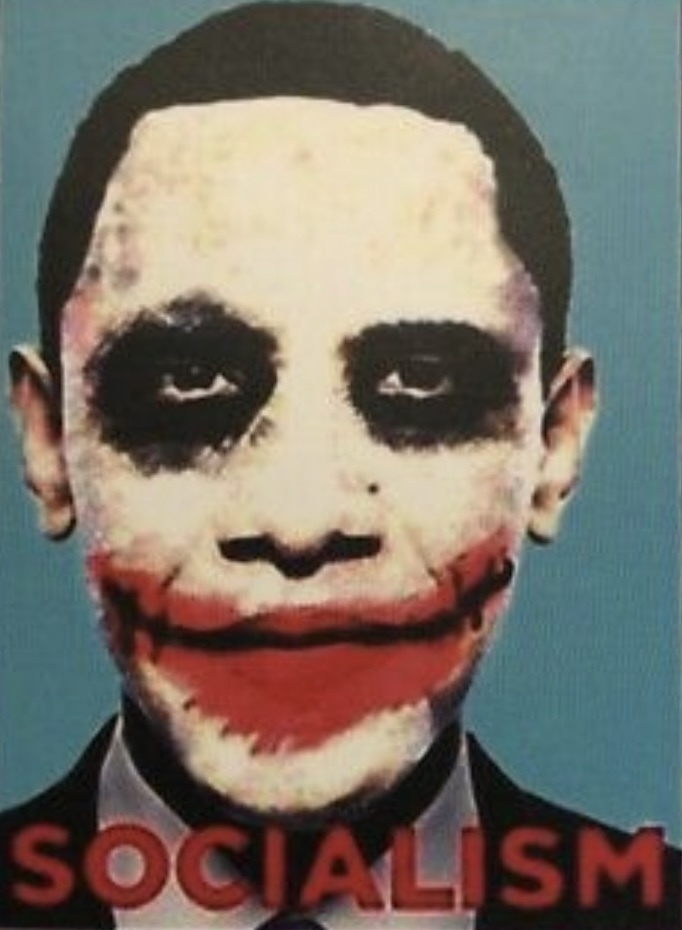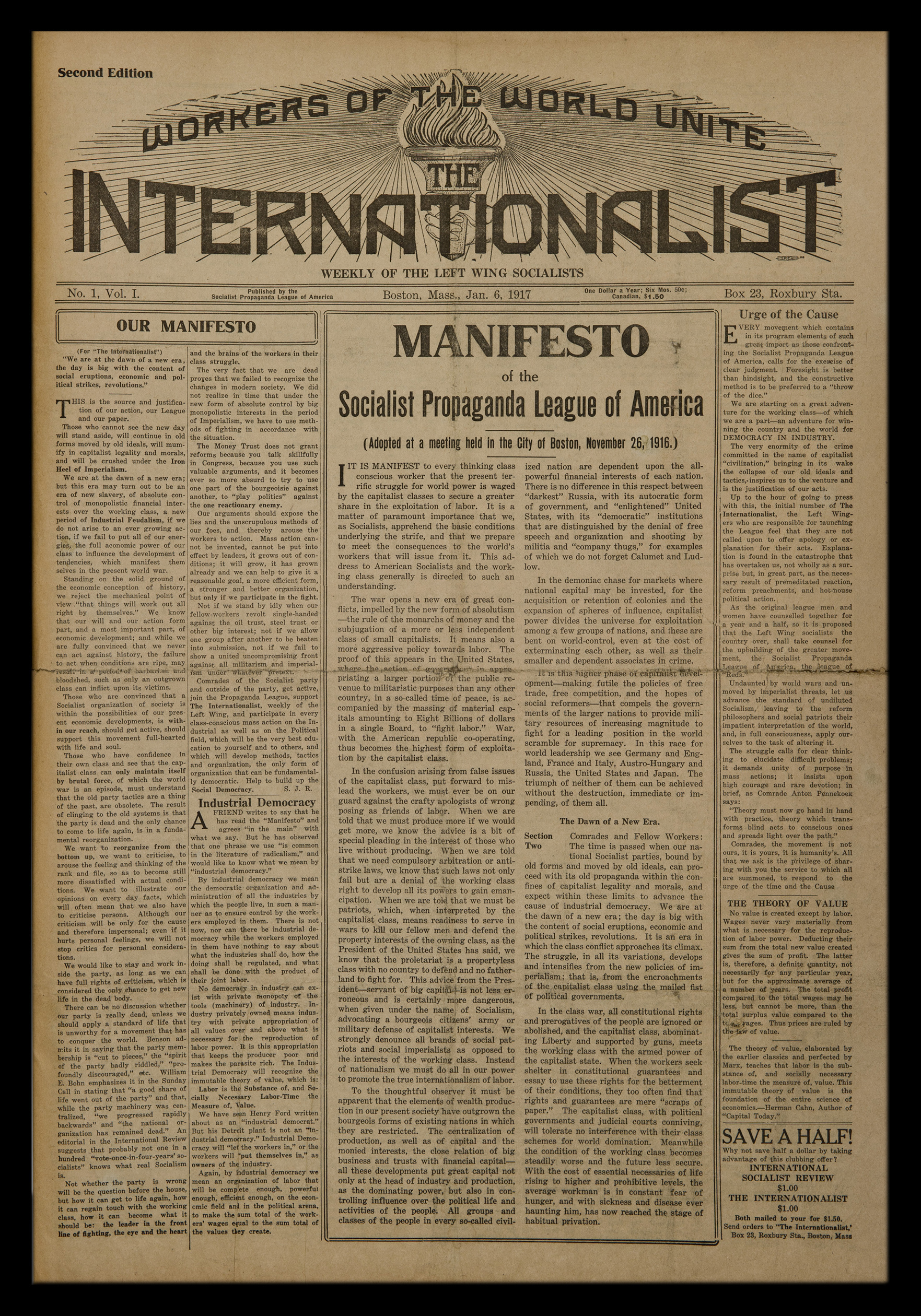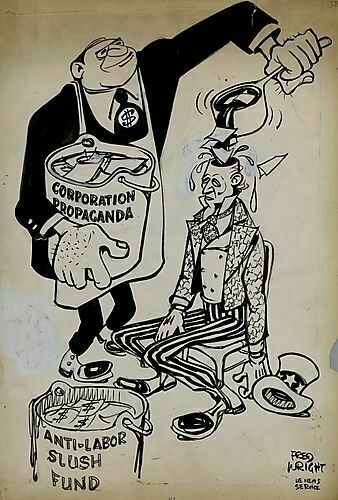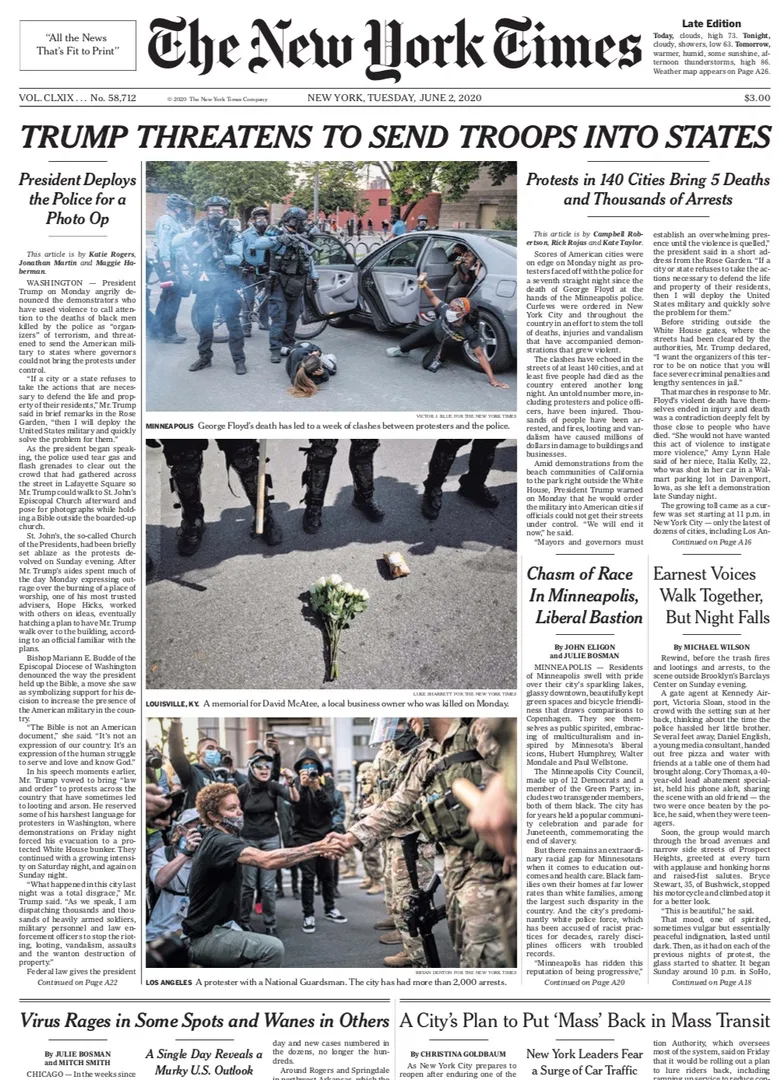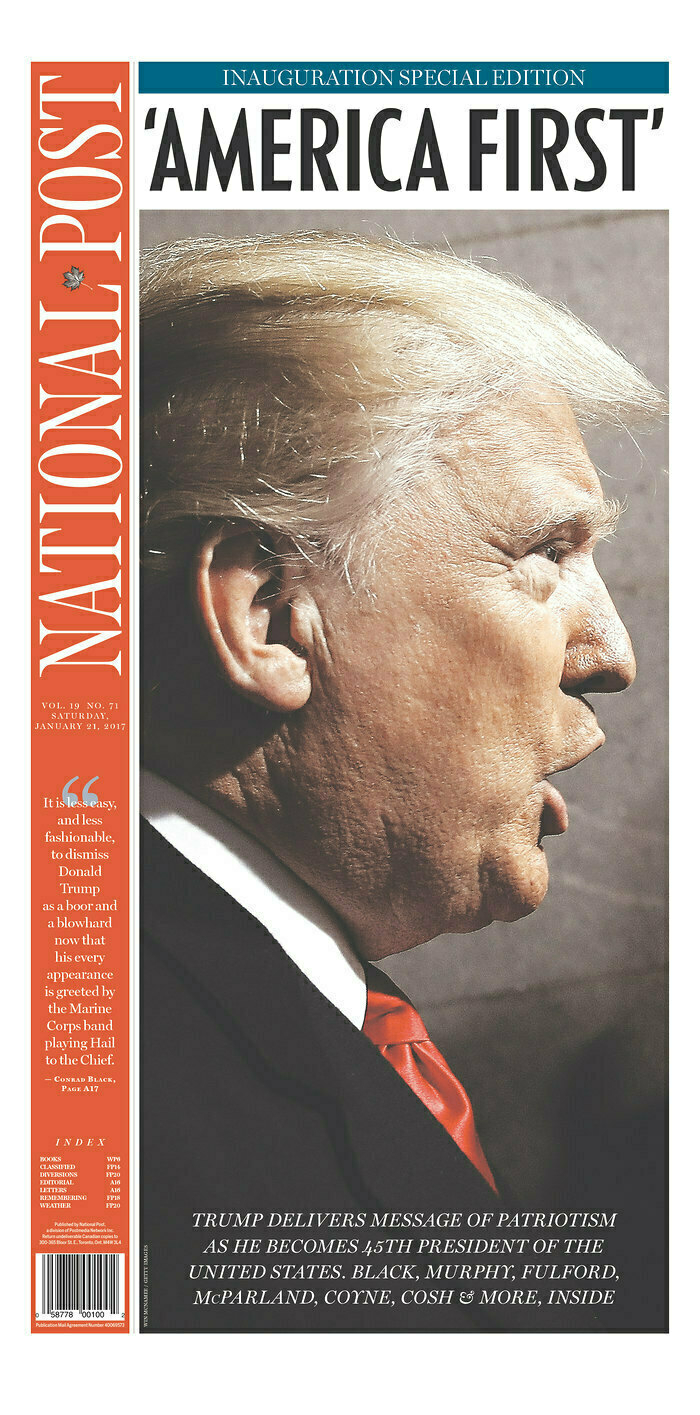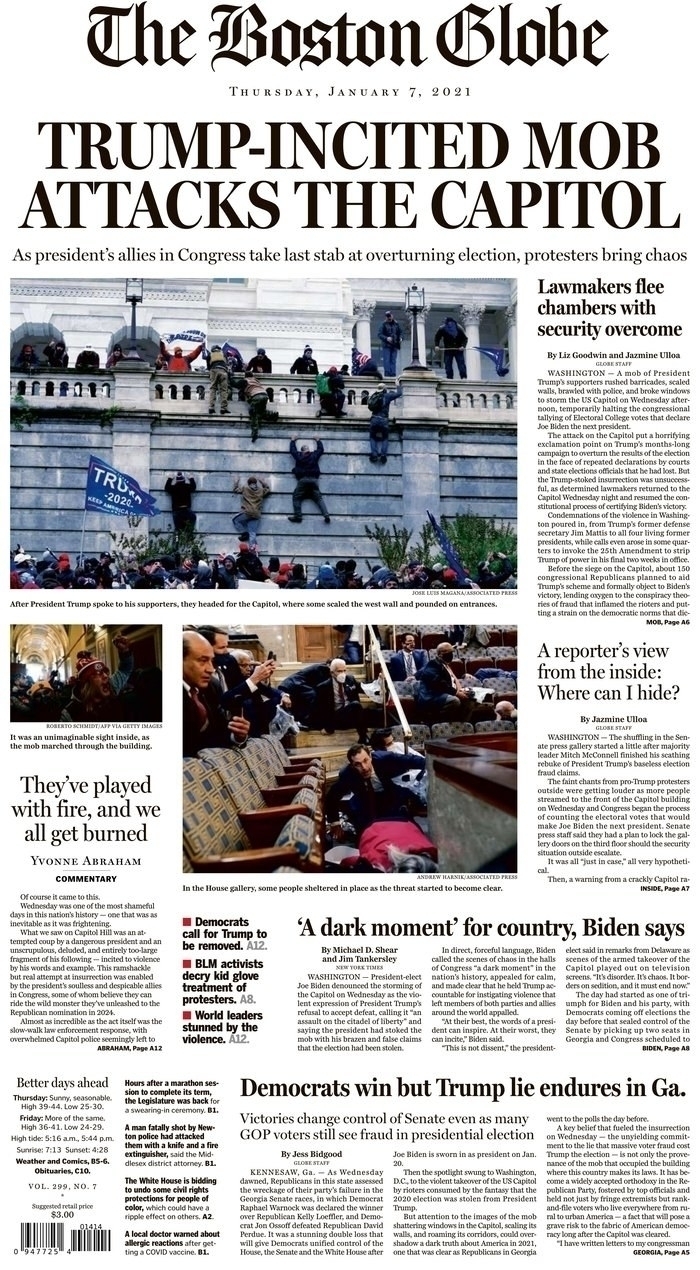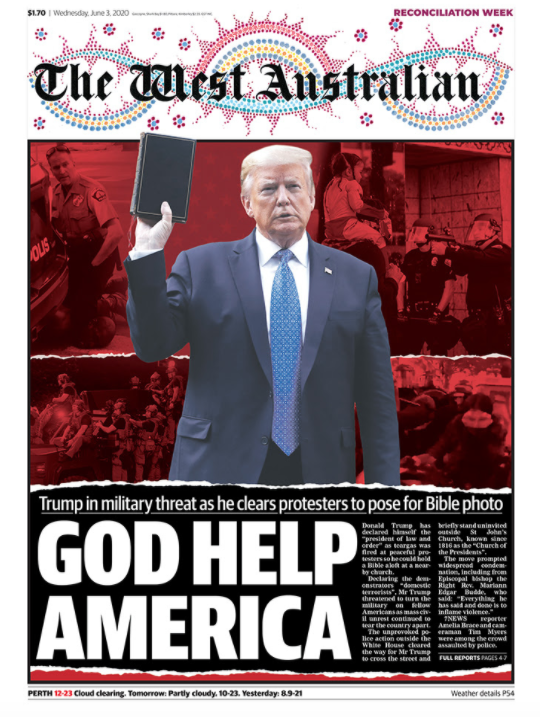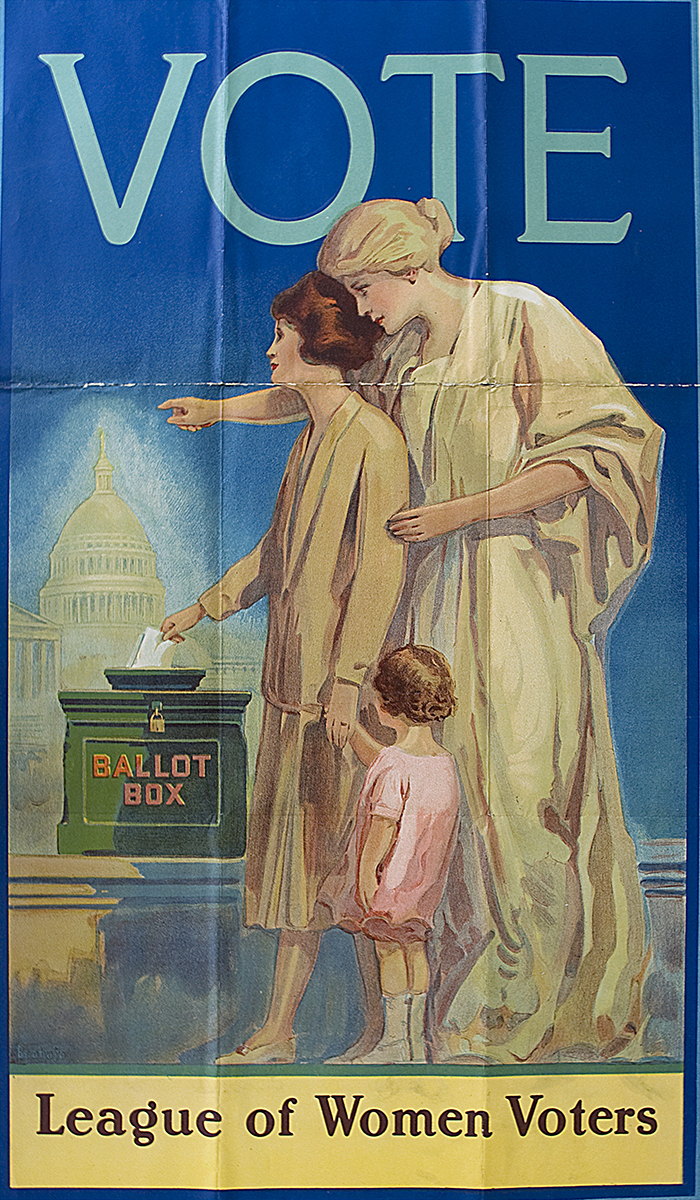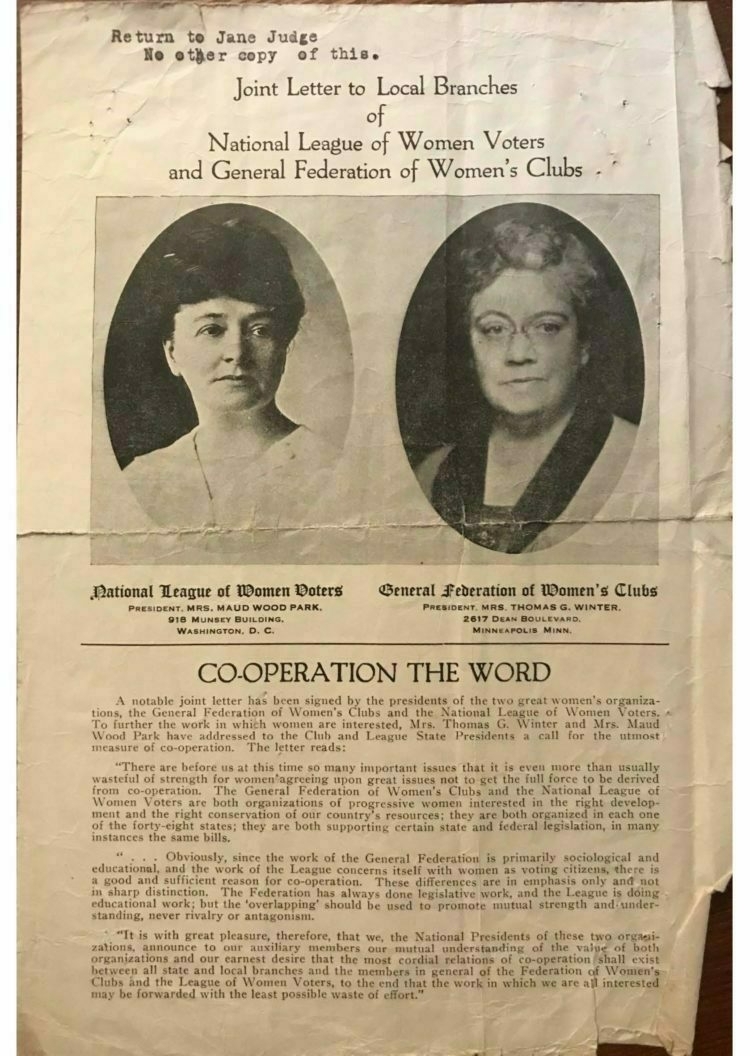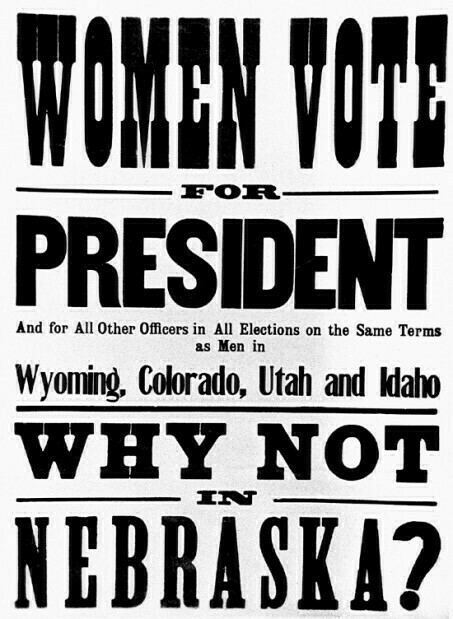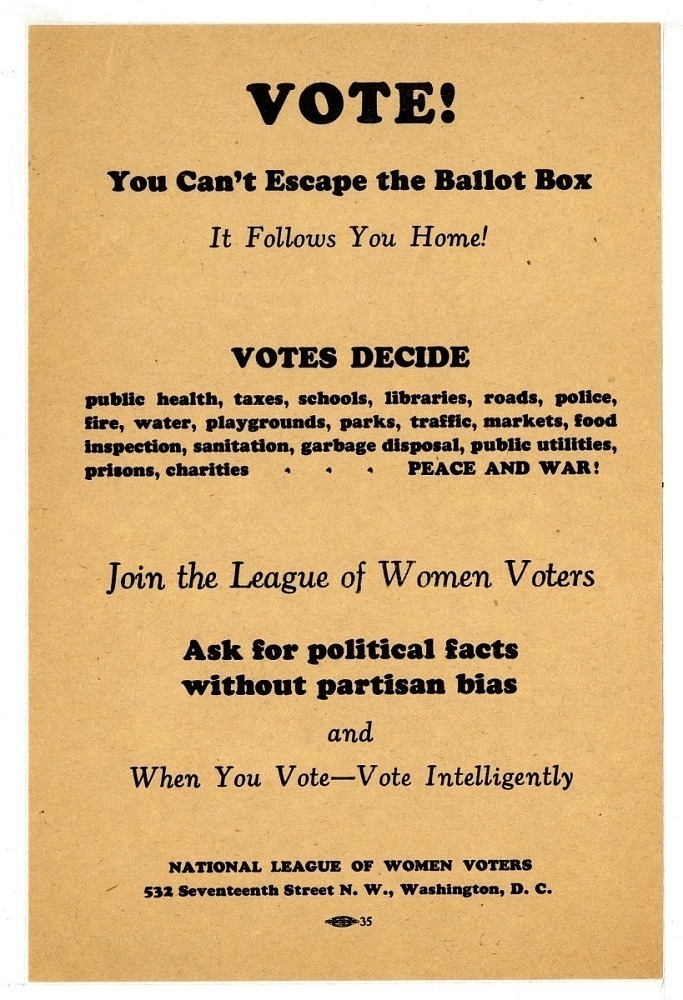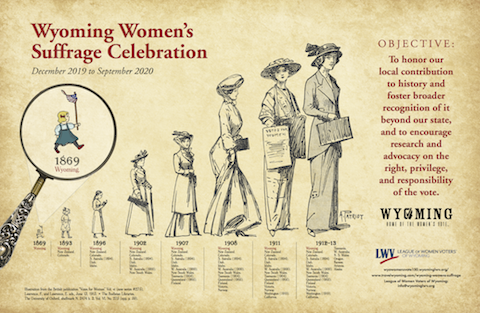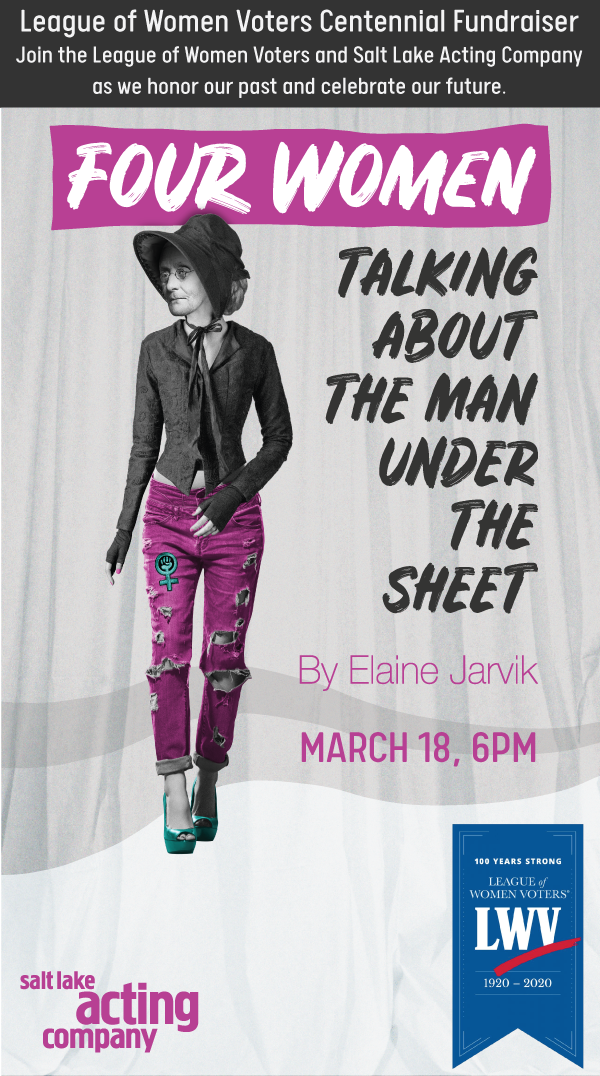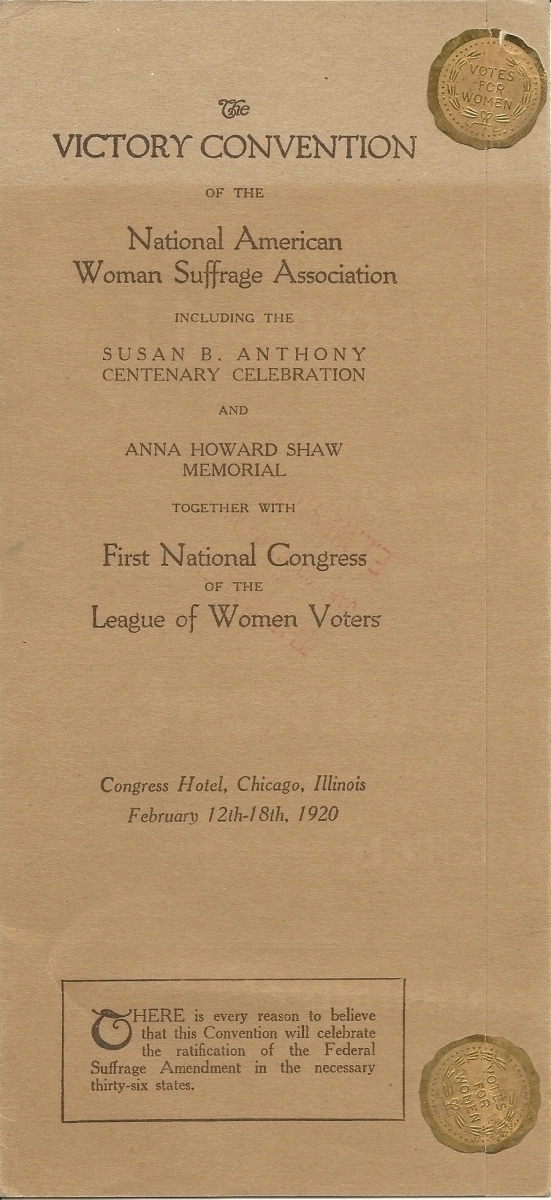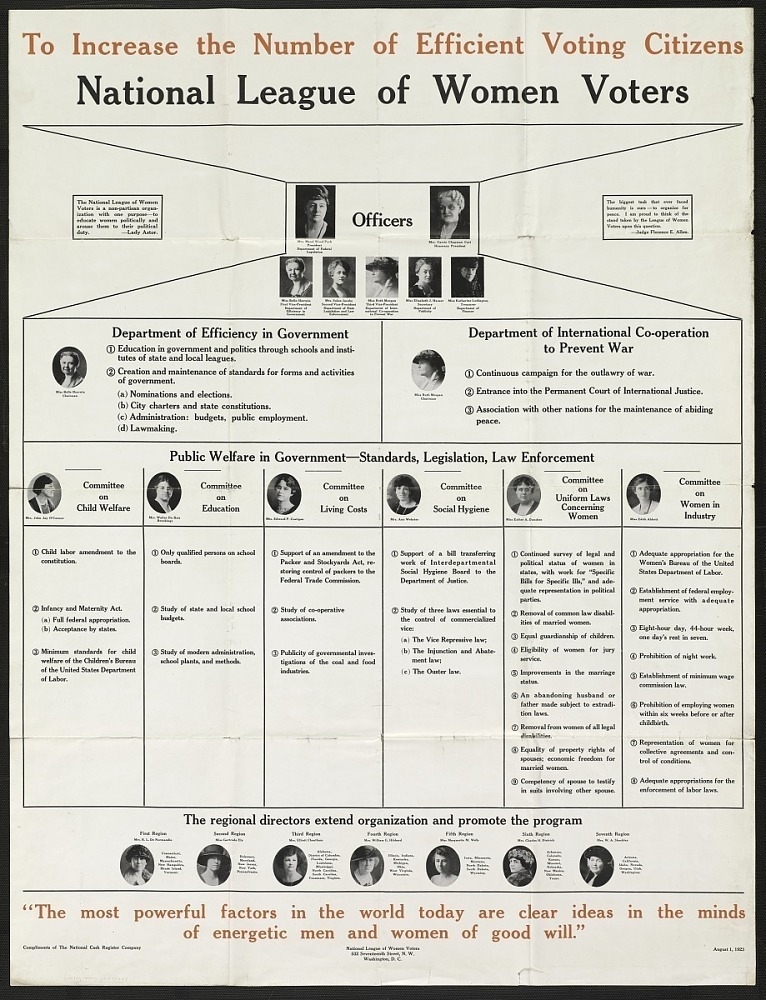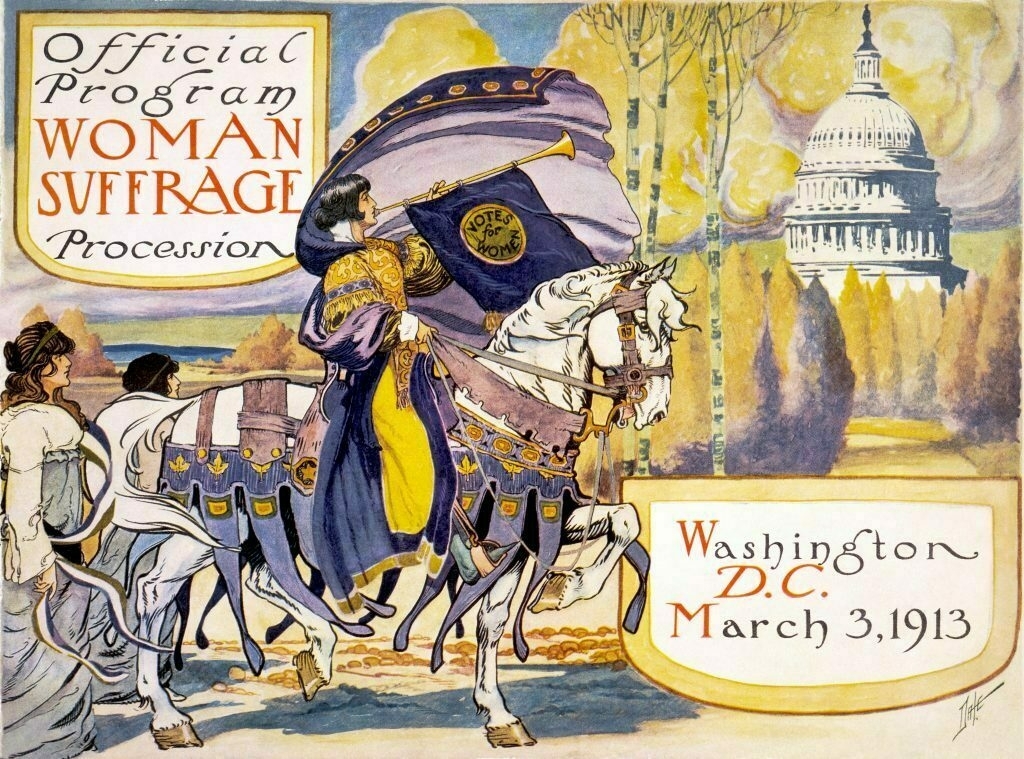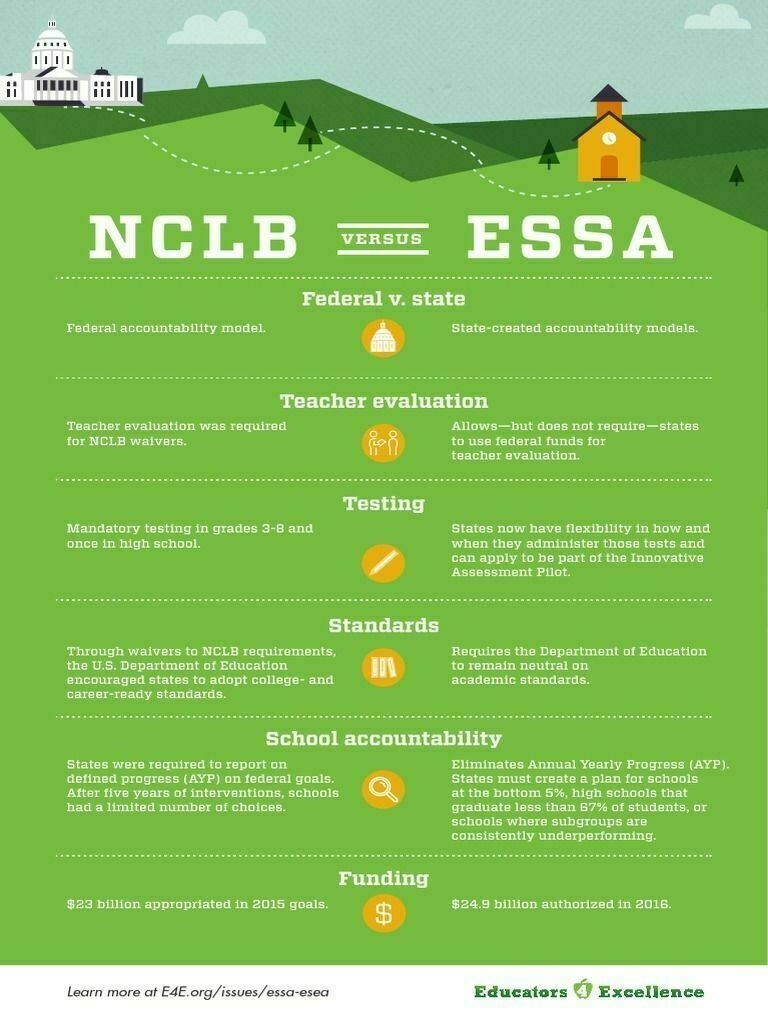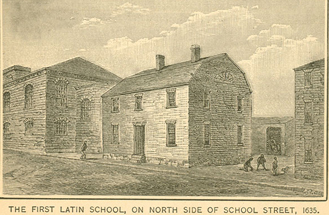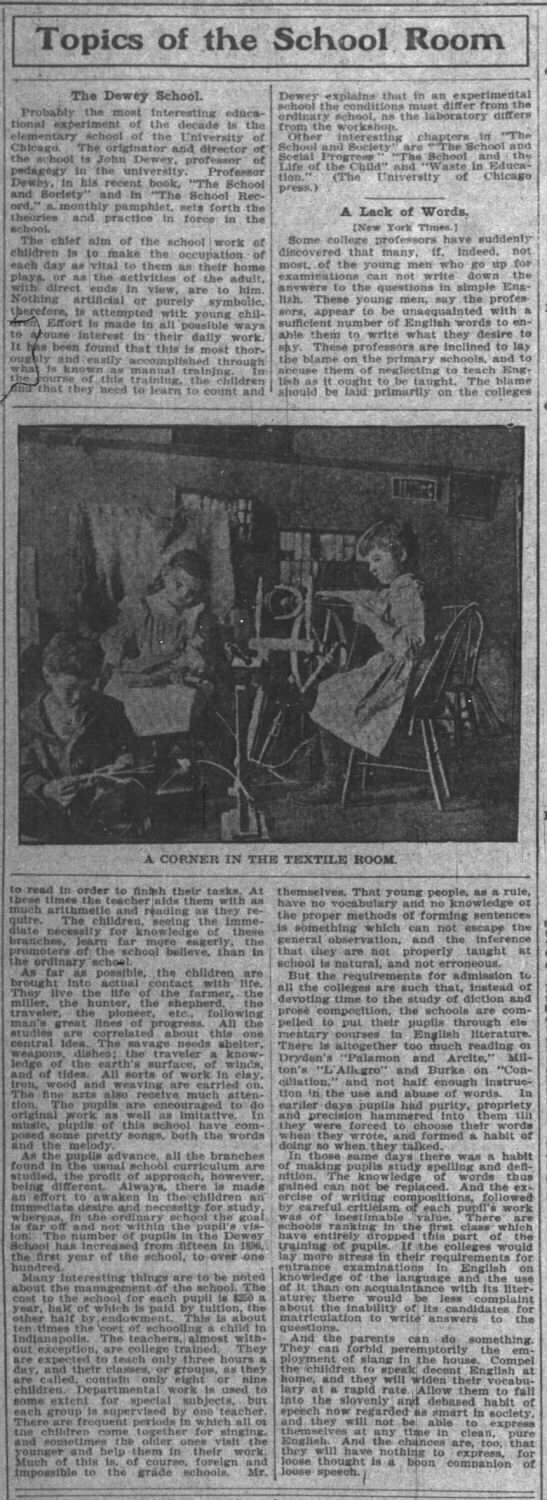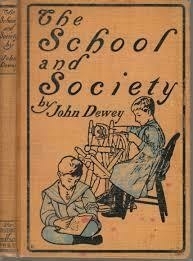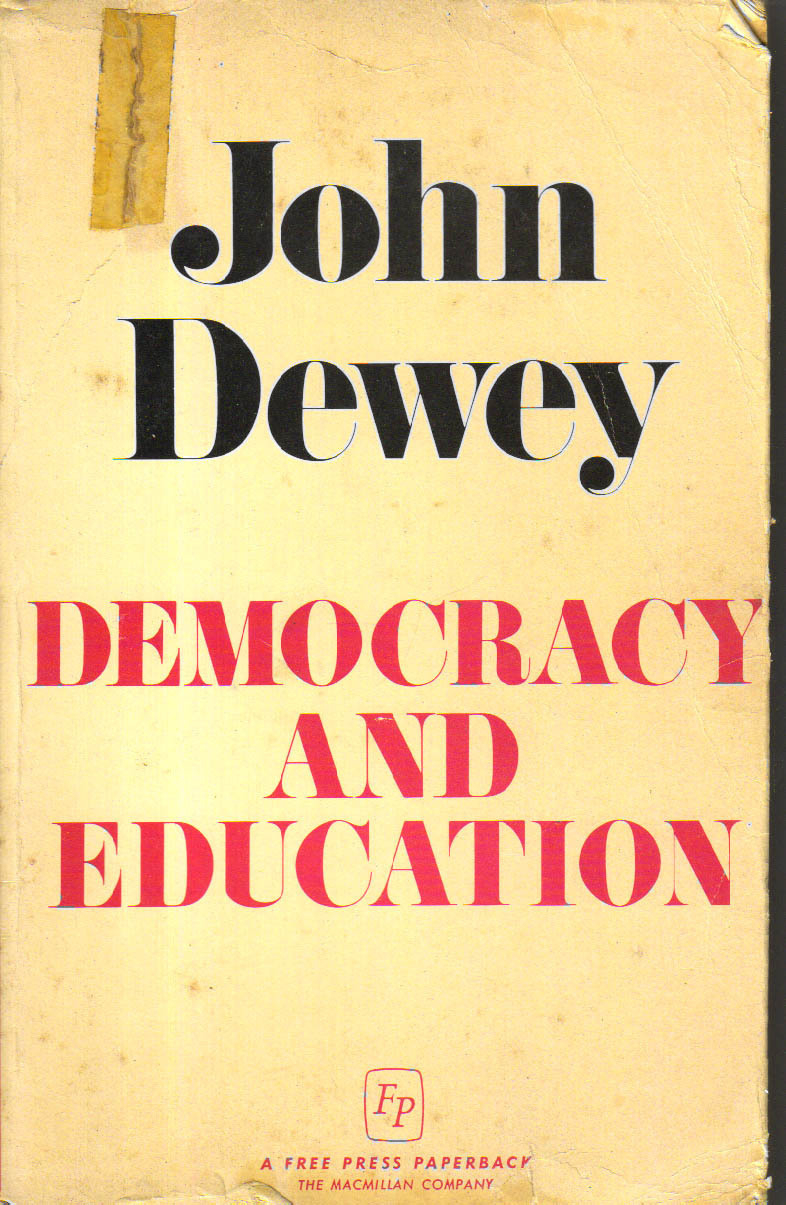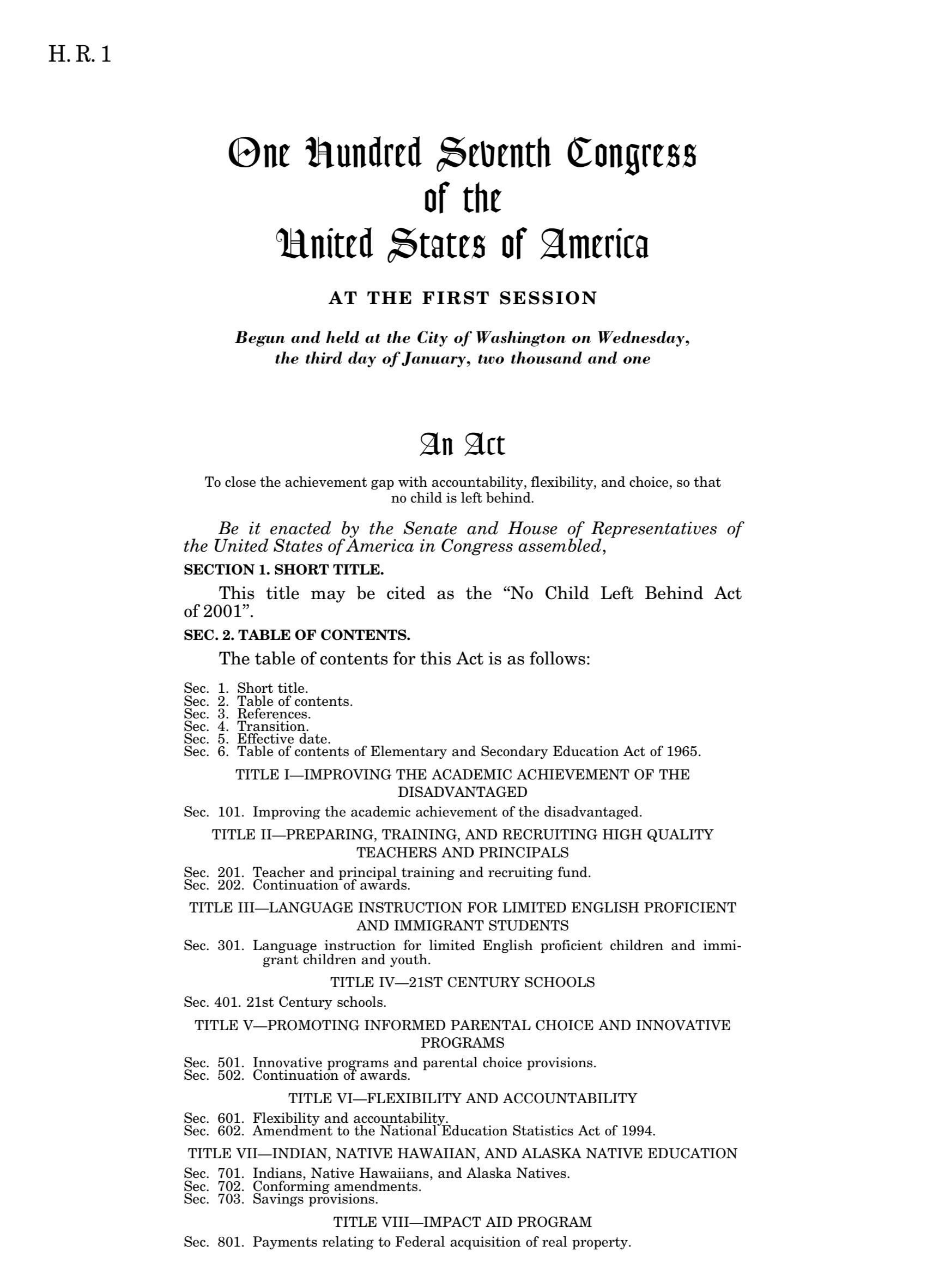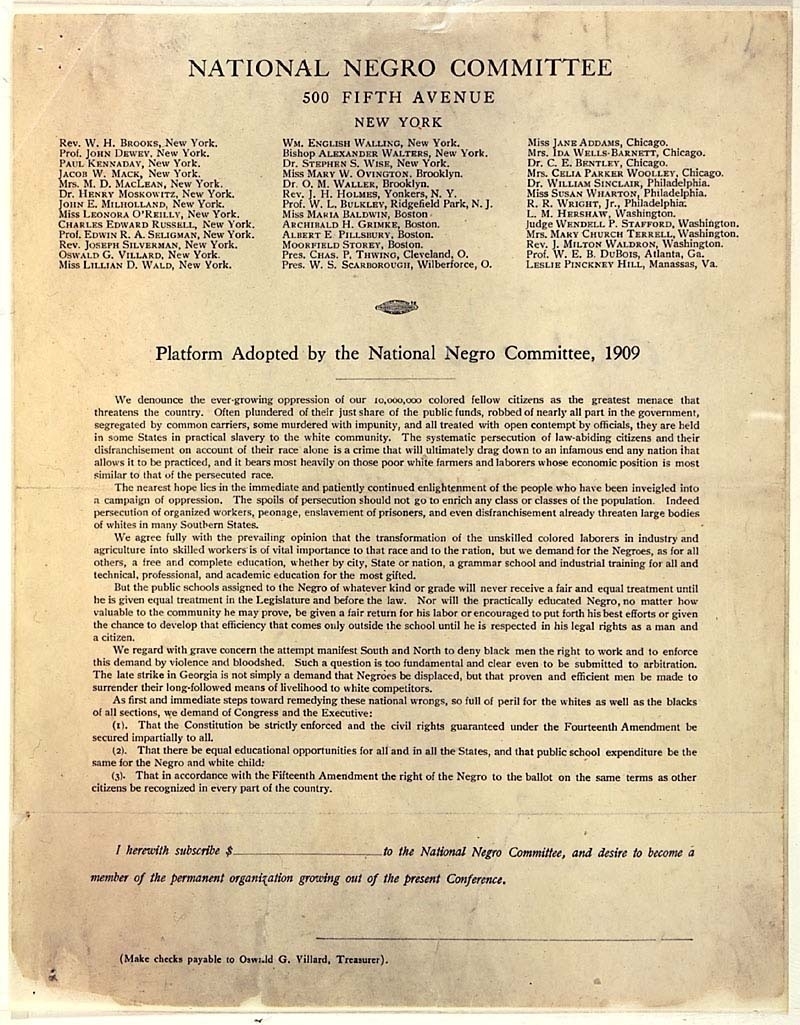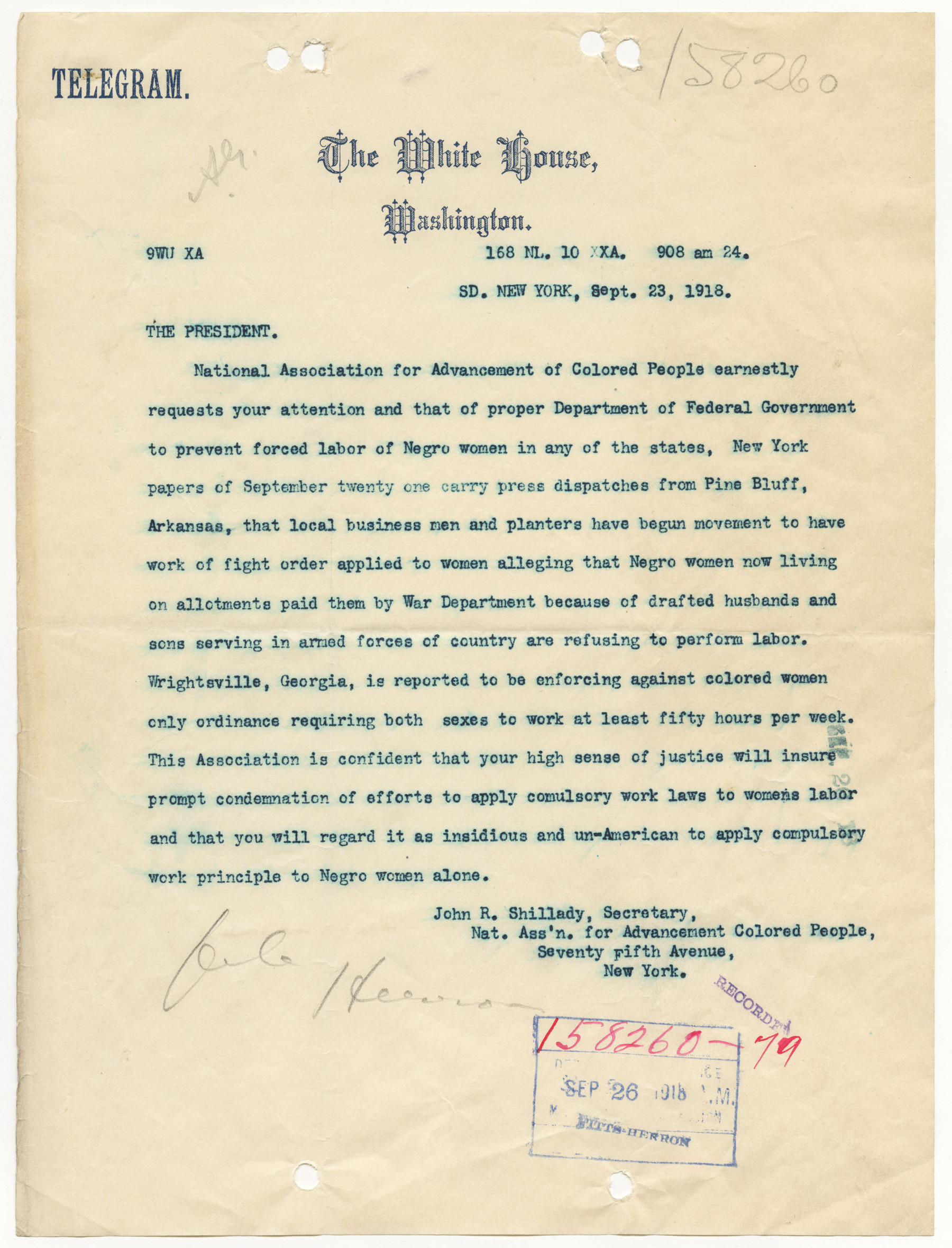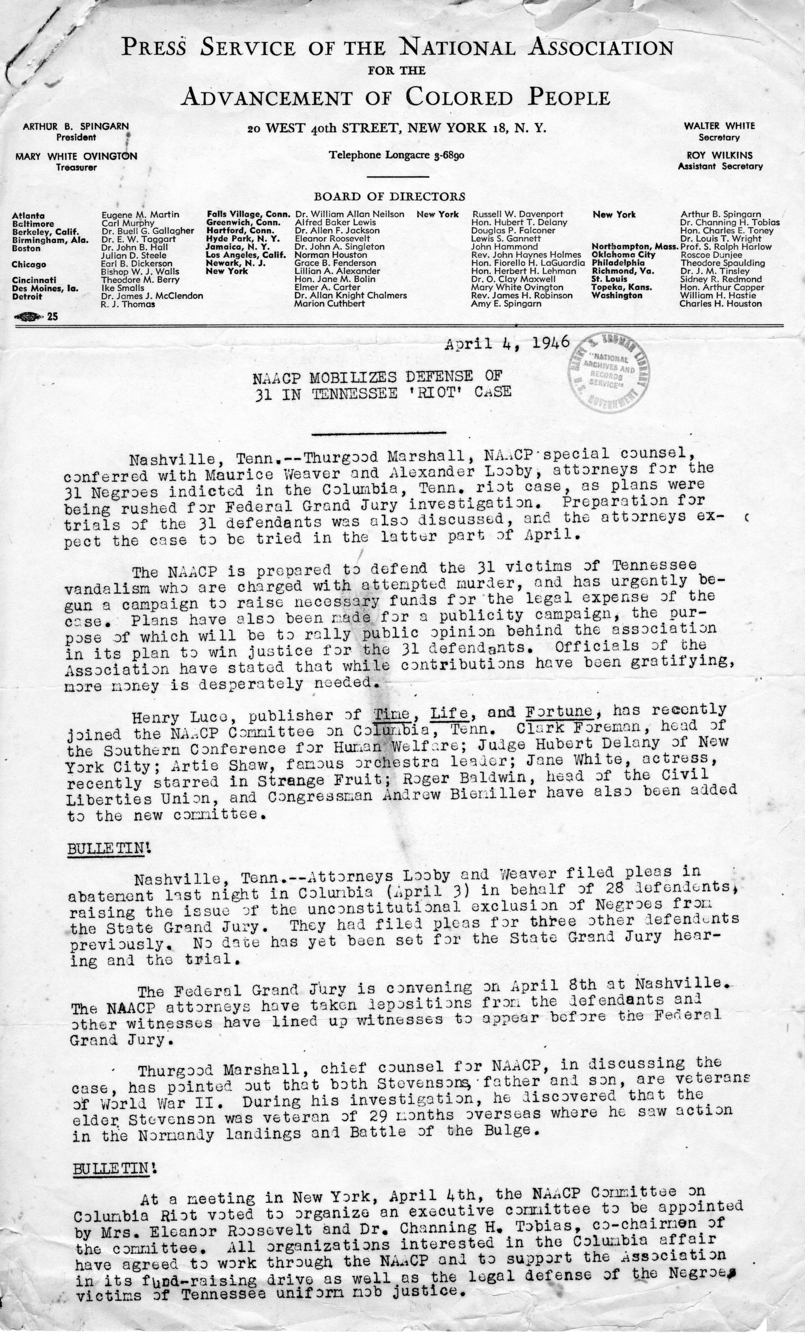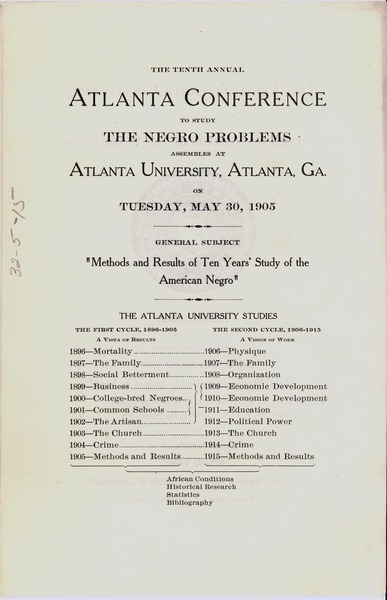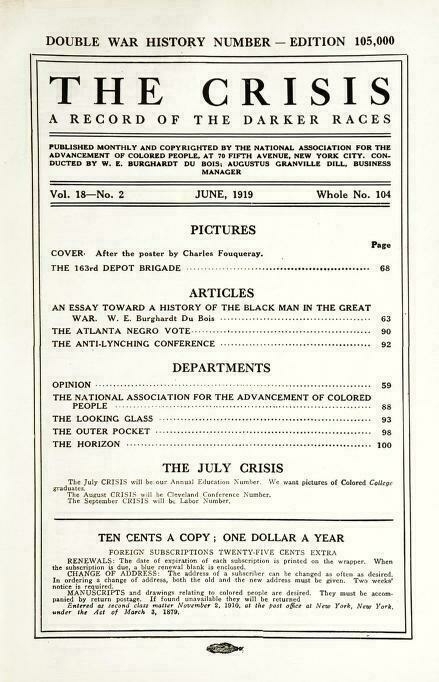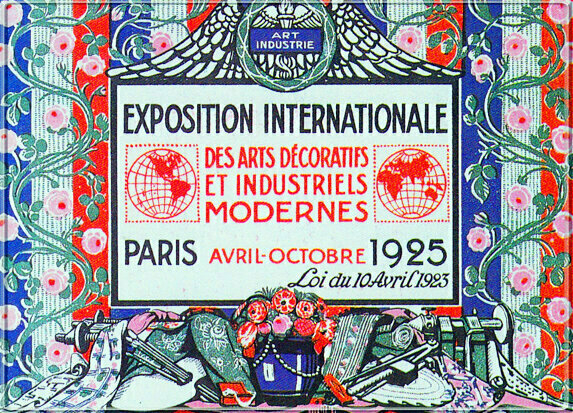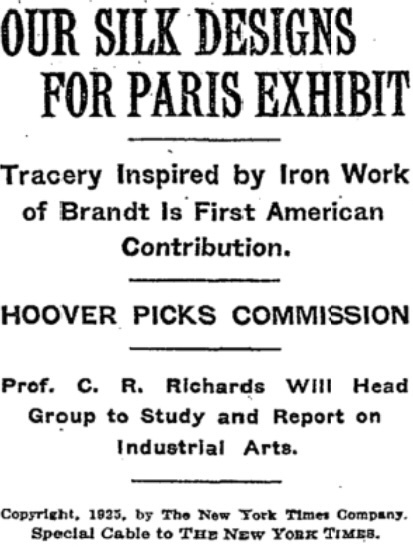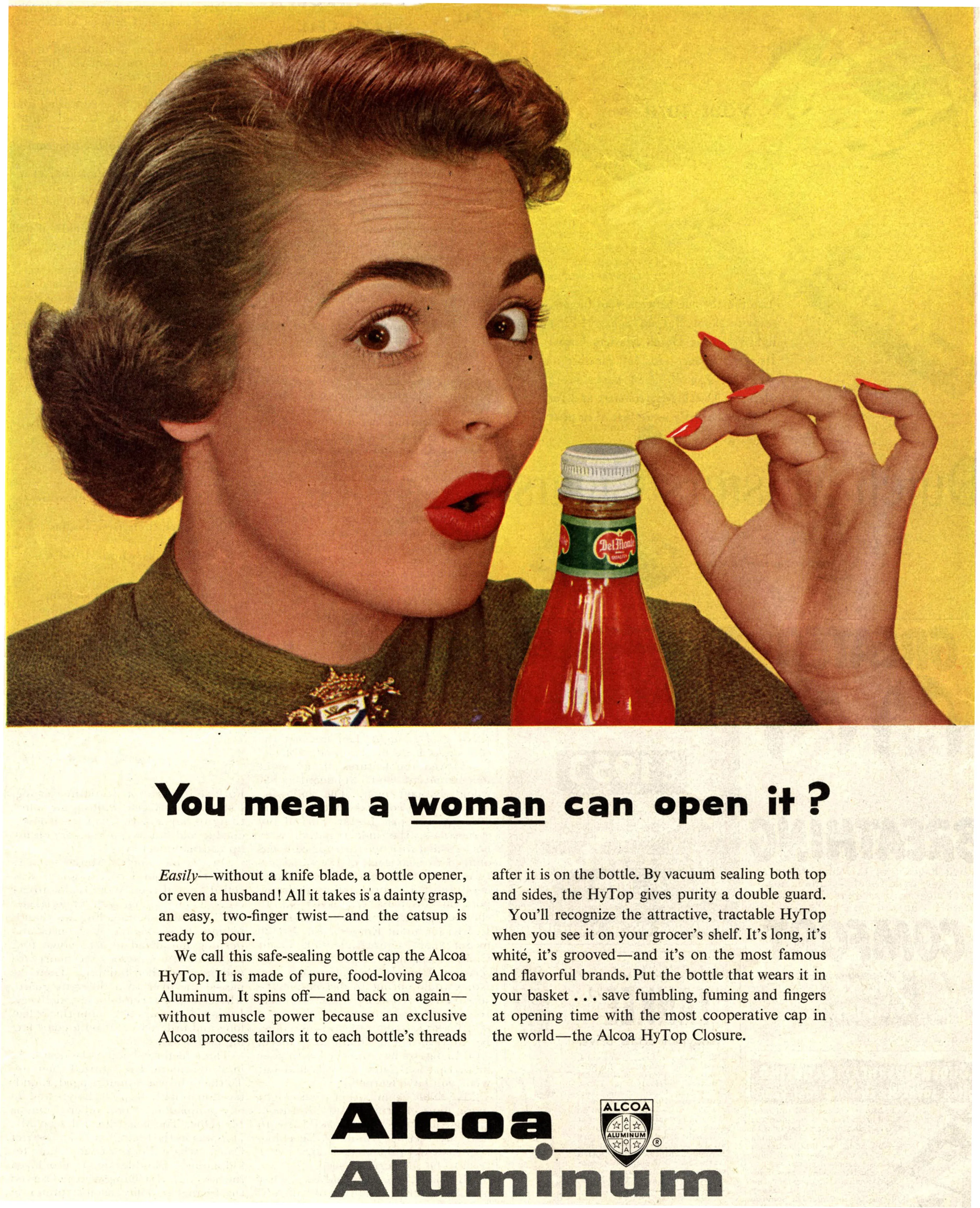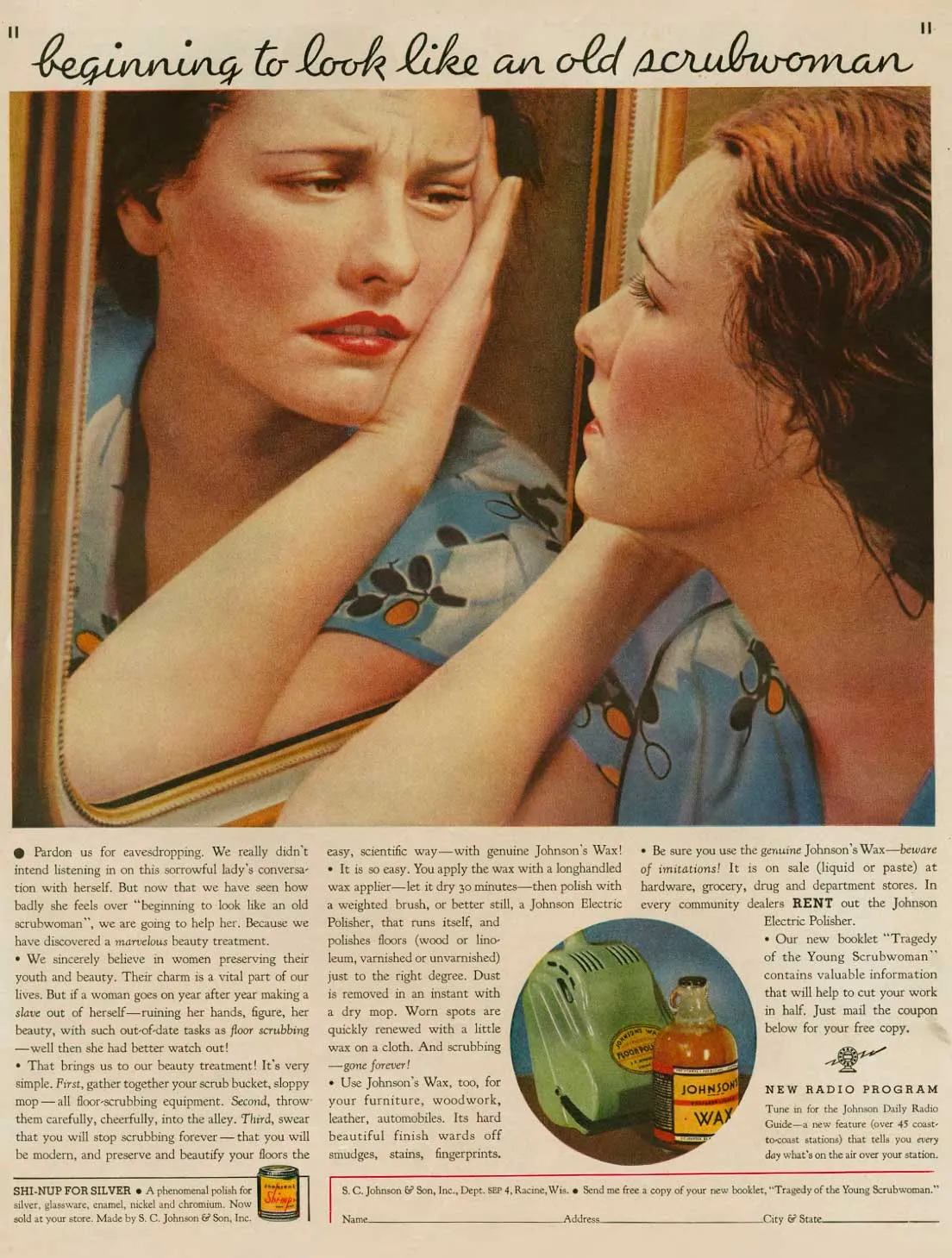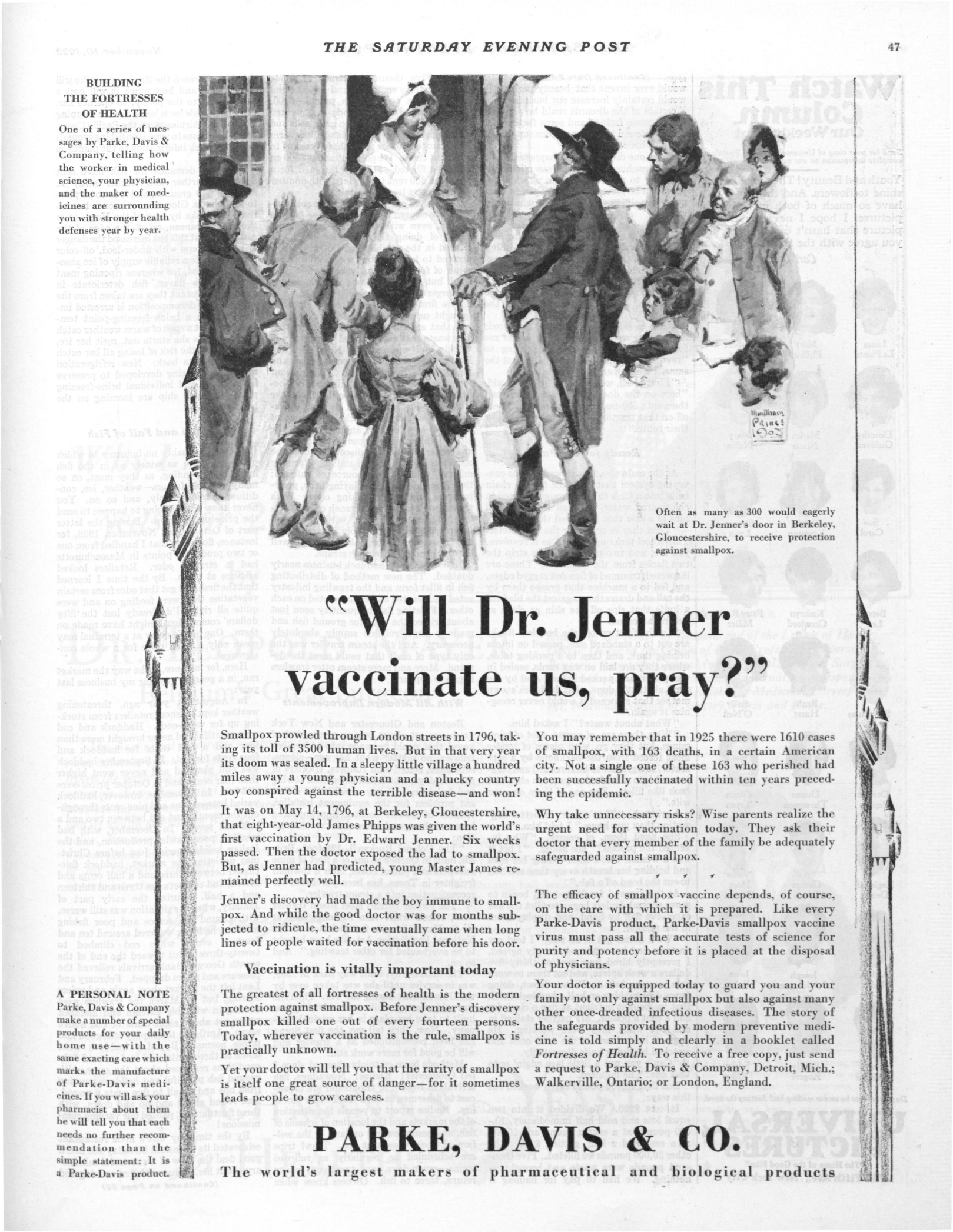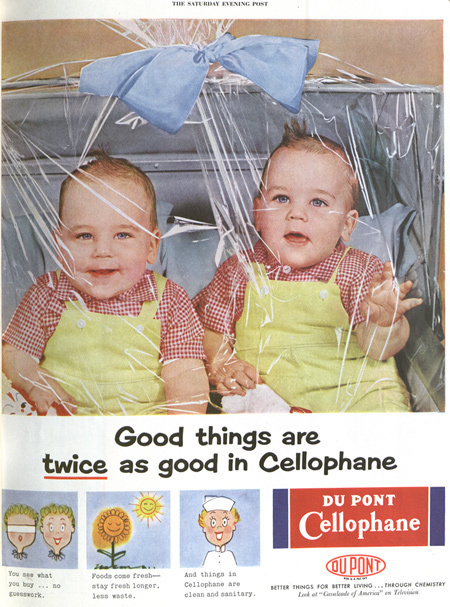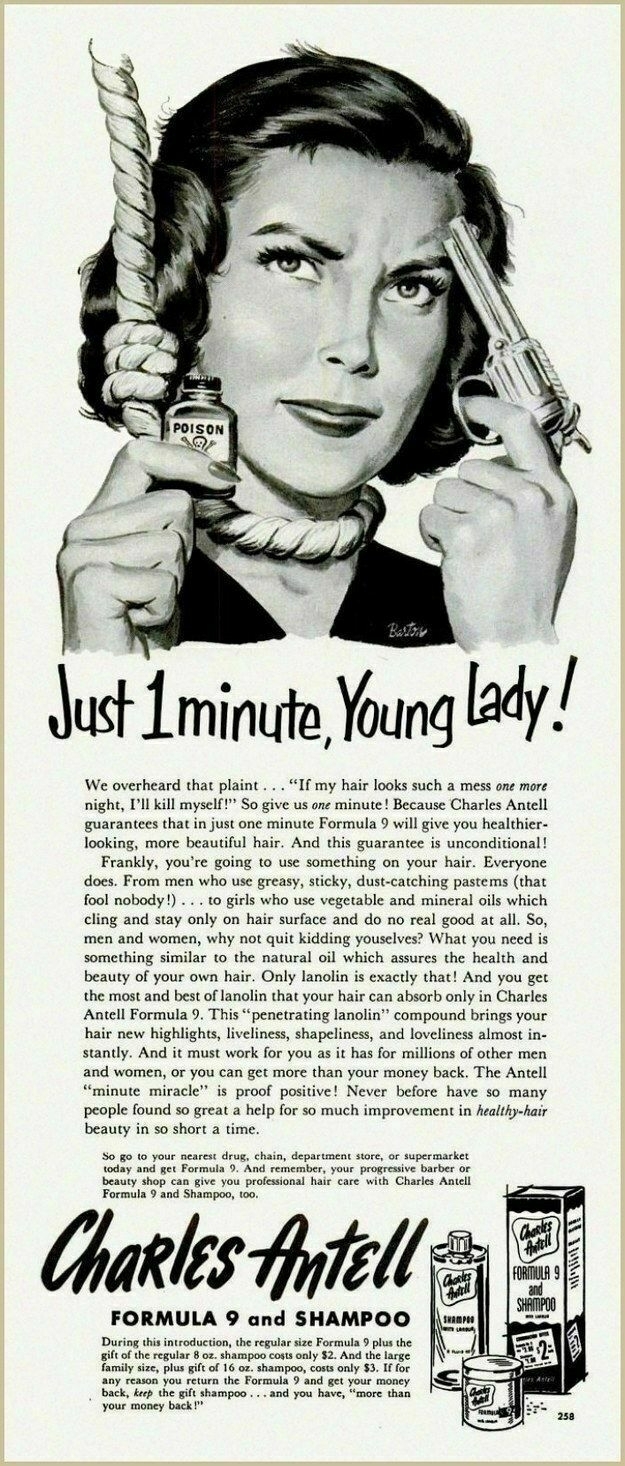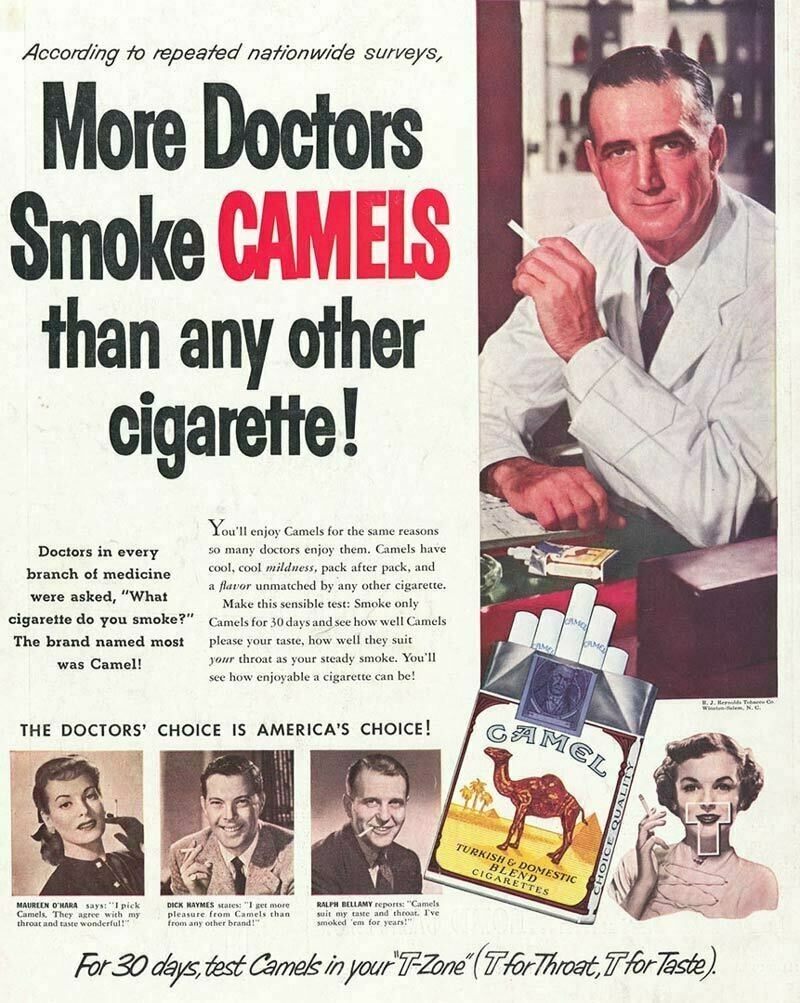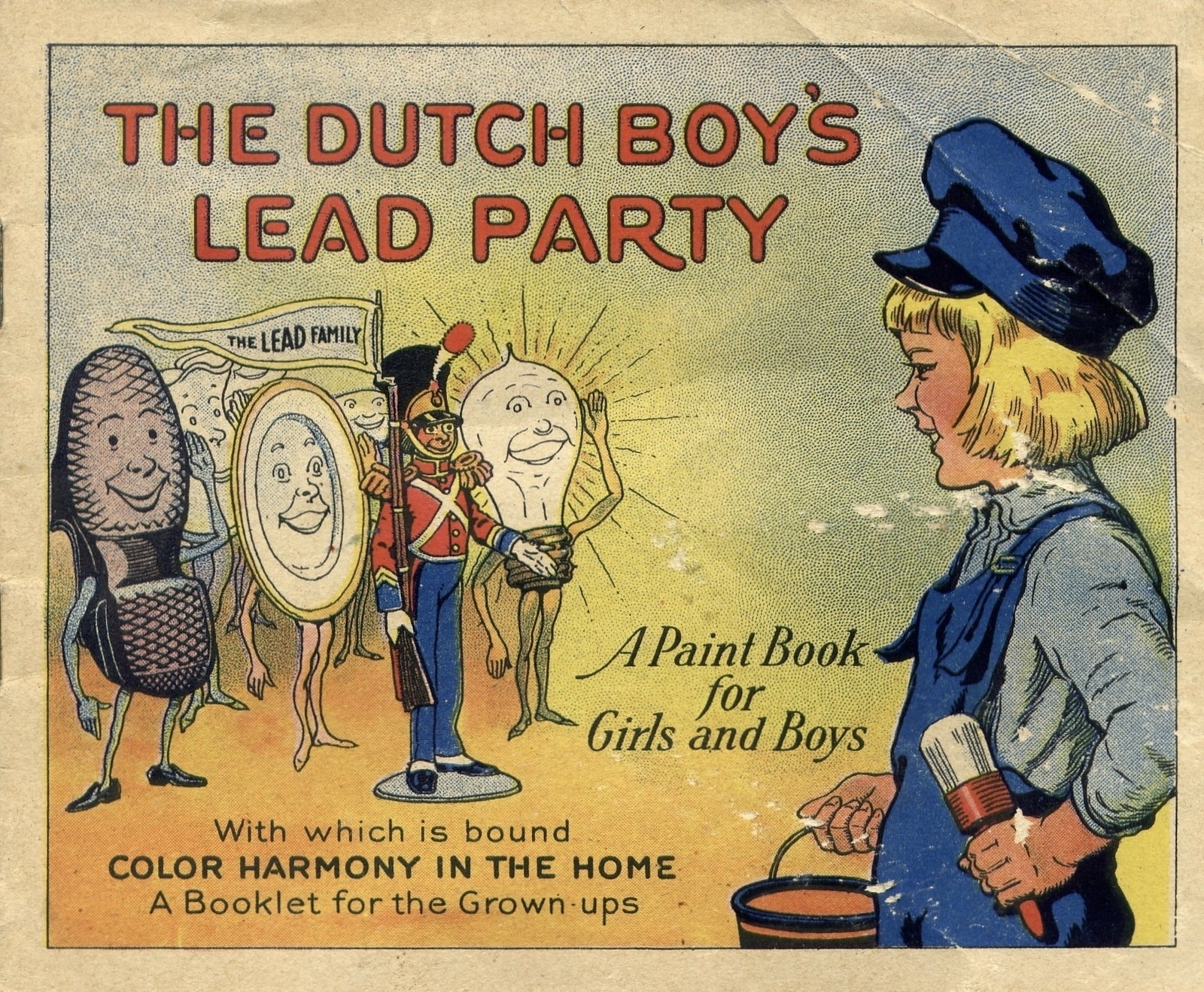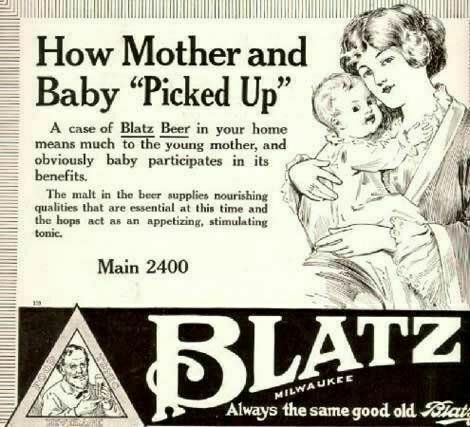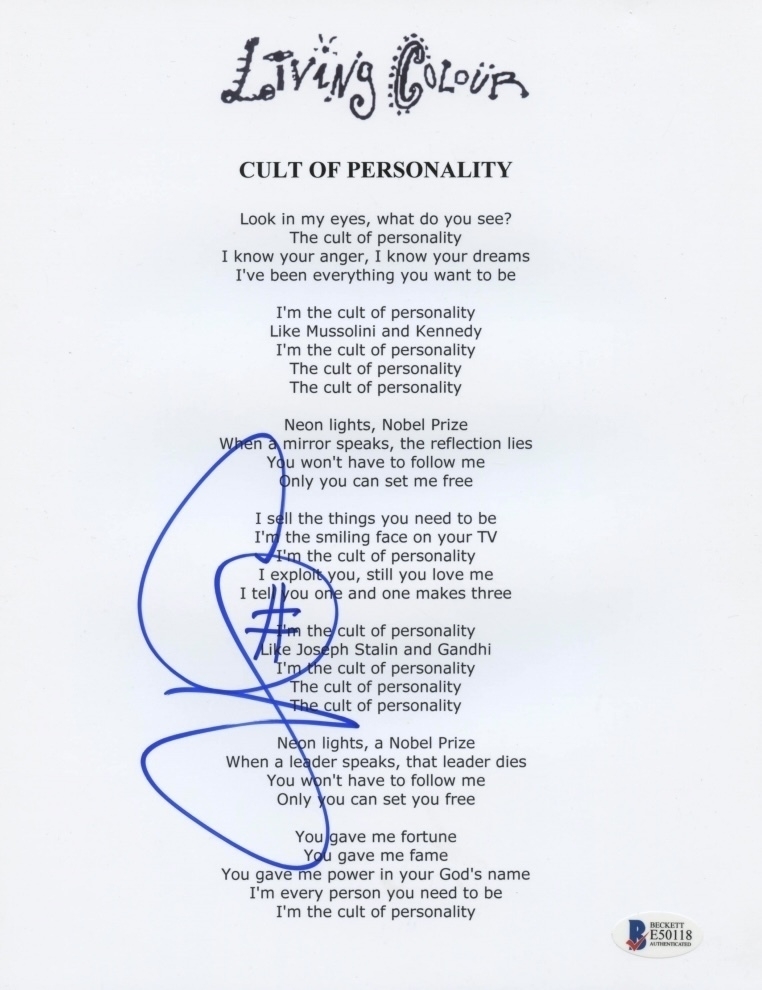The Art of Propaganda
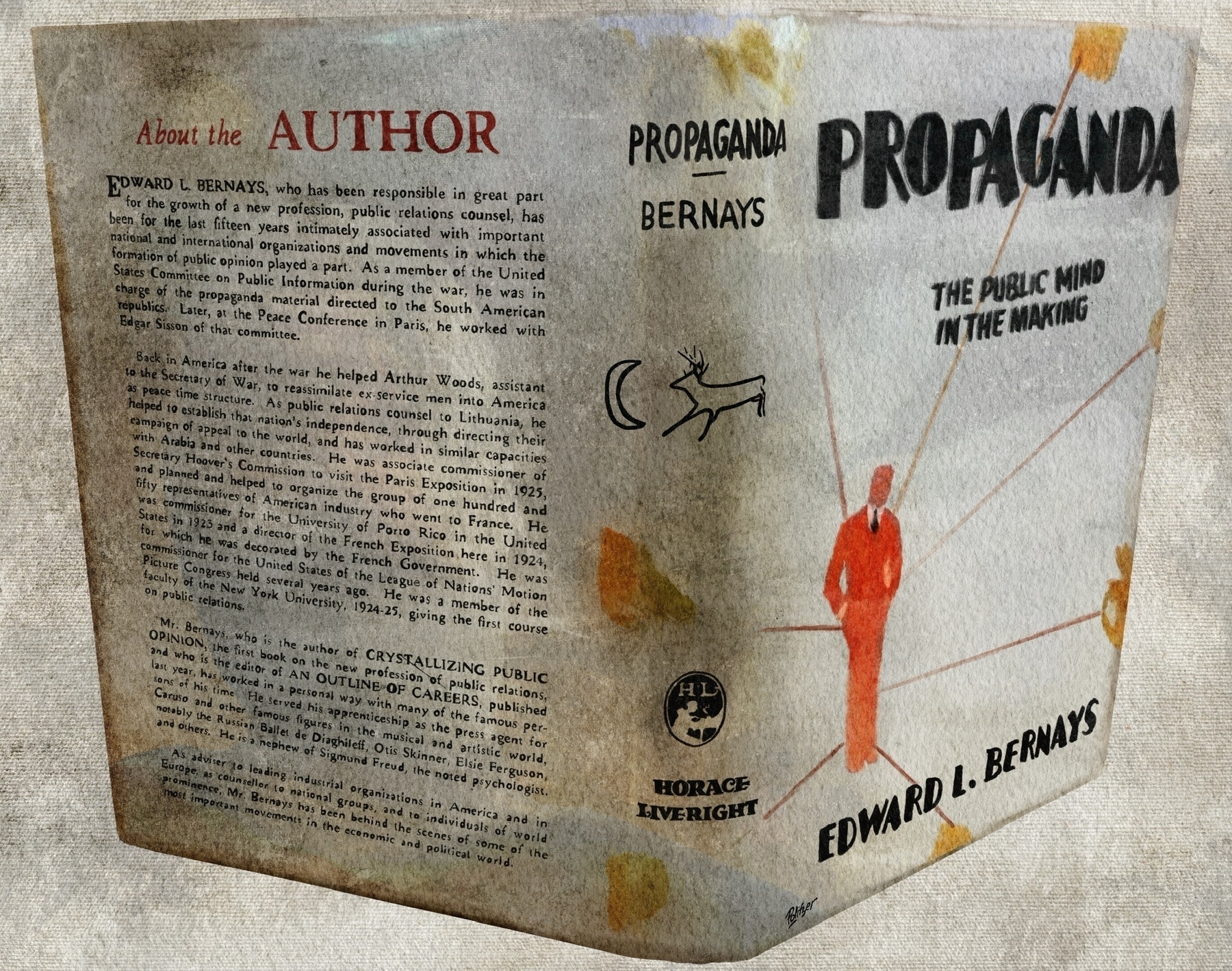
Translating Bernays for a time of anti-science, mainstream cults, the bifurcated information ecosystem, and the dual realities within which America has been divided.
Chapter I: Organizing Chaos

We are governed, our minds molded our tastes formed, our ideas suggested, largely by men we have never heard of.
Whatever attitude one chooses toward this condition, it remains a fact that in almost every act of our daily lives, whether in the sphere of politics or business, in our social conduct or our ethical thinking, we are dominated by a relatively small number of persons—a trifling fraction of our three hundred and thirty three million1—who understand the mental processes and social patterns of the masses. It is they who pull the wires which control the public mind, who harness old social forces and contrive new ways to bind and guide the world.
We have voluntarily agreed to let an invisible government sift the data and high-spot the outstanding issue so that our field of choice shall be narrowed to practical proportions. From our leaders and the media they use to reach the public, we accept the evidence and the demarcation of issues bearing upon public question; society consents to have its choice narrowed to ideas and objects brought to its attention through propaganda of all kinds. There is consequently a vast and continuous effort going on to capture our minds in the interest of some policy or commodity or idea.
Some of the phenomena of this process are criticized—the manipulation of news, the inflation of personality, and the general ballyhoo by which politicians and commercial products and social ideas are brought to the consciousness of the masses.
As civilization has become more complex, and as the need for invisible government has been increasingly demonstrated, the technical means have been invented and developed by which opinion may be regimented.
If all these thousands of formal organizations and institutions could be listed (and no complete list has ever been made), they would still represent but a part of those existing less formally but leading vigorous lives.
This invisible, intertwining structure of groupings and associations is the mechanism by which democracy has organized its group mind and simplified its mass thinking.
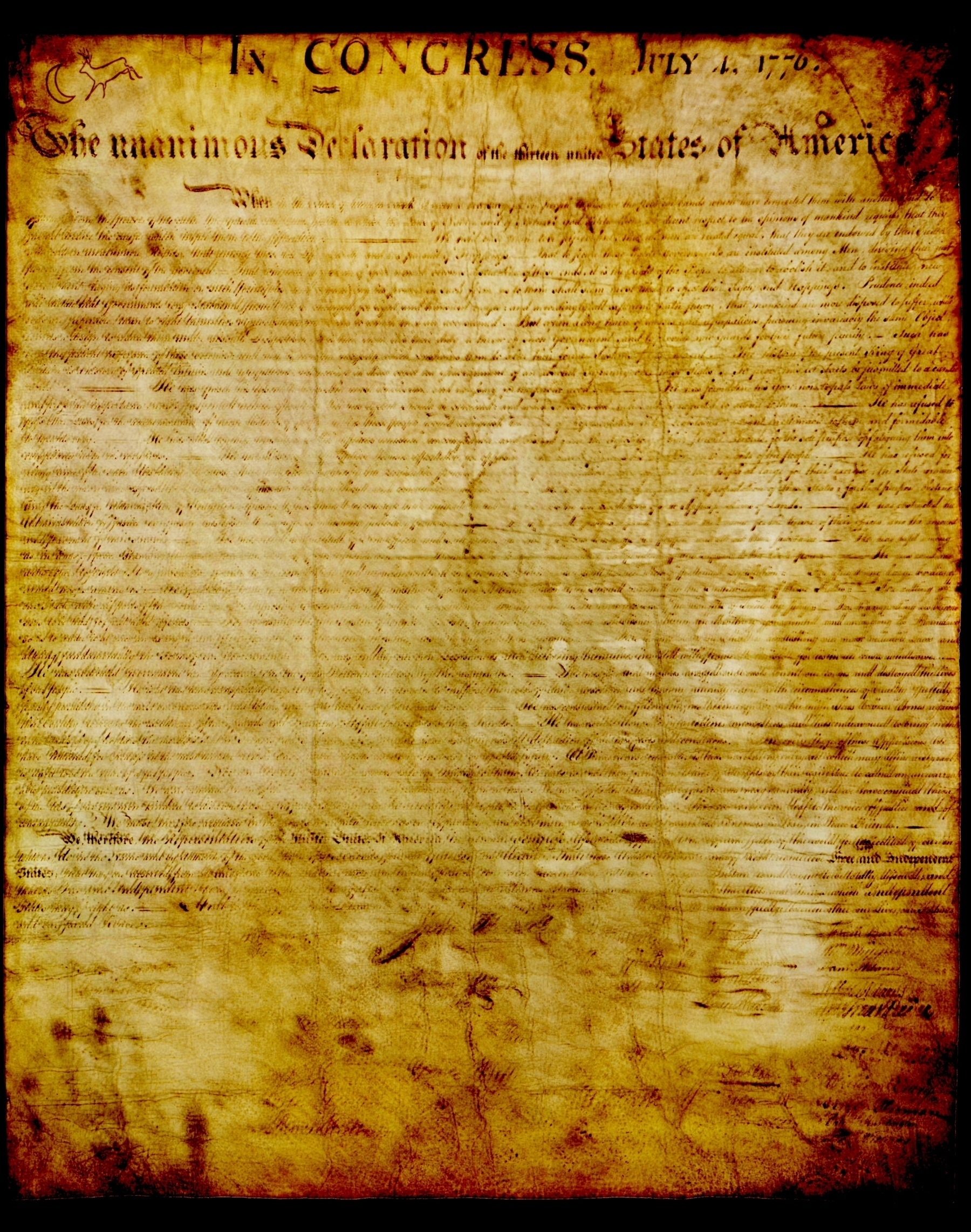
Chapter II: The New Propaganda

The minority has discovered a powerful help in influencing majorities. It has been found possible so to mold the mind of the masses that they will throw their newly gained strength in the desired direction.
Propaganda is the executive arm of the invisible government. Whether, in any instance, propaganda is good or bad depends upon the merit of the cause urged, and the correctness of the information published.
So vast are the numbers of minds which can be regimented, and so tenacious are they when regimented, that a group at times offers an irresistible pressure before which legislators, editors, and teachers are helpless.
When an Imperial Wizard, sensing what is perhaps hunger for an ideal, offers a picture of a nation all Nordic and nationalistic, the common man of the older American stock, feeling himself elbowed out of his rightful position and prosperity by the newer immigrant stocks, grasps the picture which fits in so neatly with his prejudices, and makes it his own. He buys the sheet and pillowcase costume, and bands with his fellows by the thousand into a huge group powerful enough to swing state elections and to throw a ponderous monkey wrench into a national convention.
The new propaganda. It takes account not merely of the individual, nor even of the mass mind alone, but also and especially of the anatomy of society, with its interlocking group formations and loyalties. It sees the individual not only as a cell in the social organism but as a cell organized into the social unit. Touch a nerve at a sensitive spot and you get an automatic response from certain specific members of the organism.
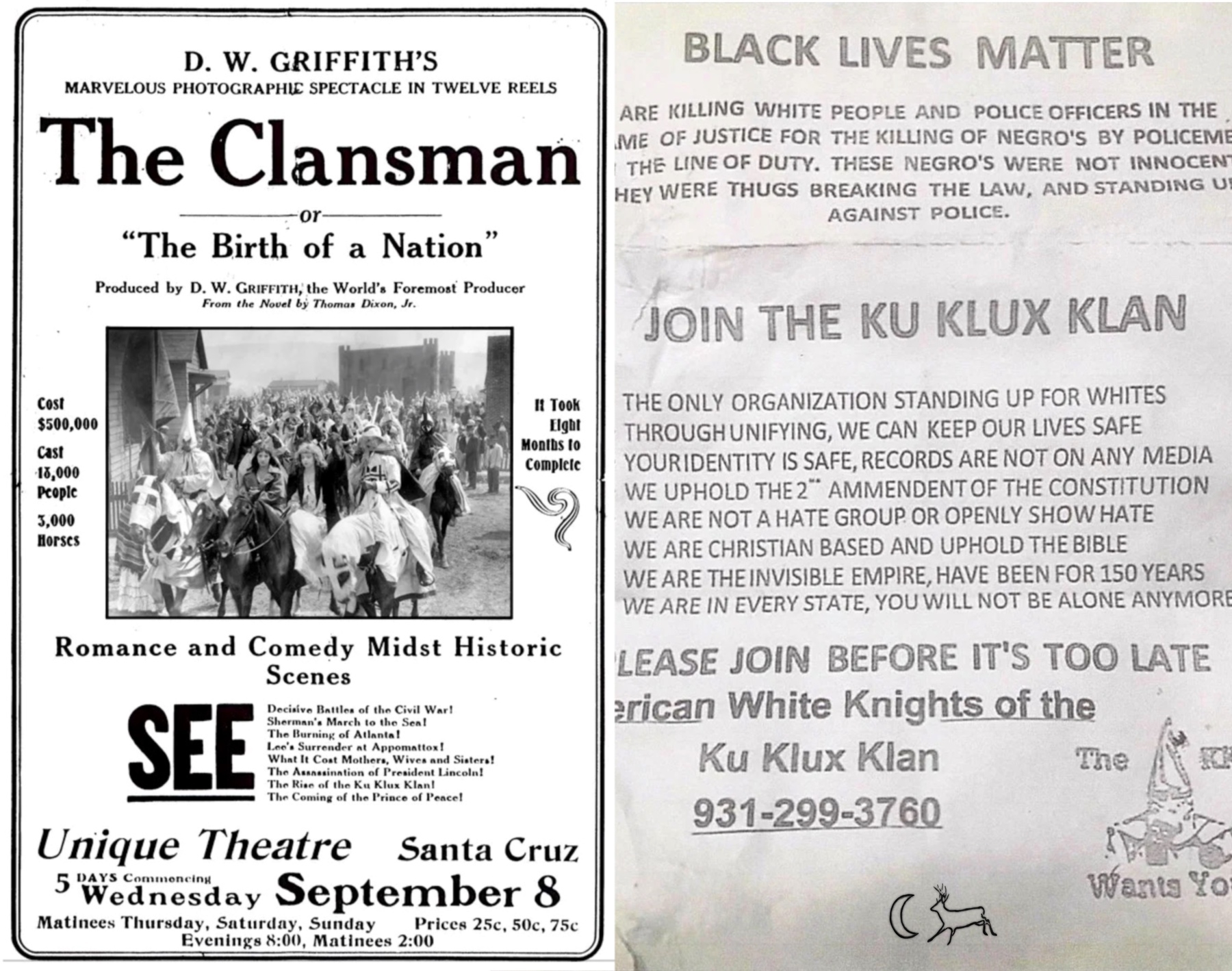
Chapter III: The New Propagandists

Who are the men, who, without our realizing it, give us our ideas, tell us whom to admire and whom to despise? If we set out to make a list of the men and women who, because of their position in public life, might fairly be called the molders of public opinion, we could quickly arrive at an extended list of persons mentioned in "Who's Who."
Such a list would comprise several thousand persons. But it is well known that many of these leaders are themselves led, sometimes by persons whose names are known to few.
There was a period in which the major policies of the national government were dictated by a single man, Mark Hanna2. A Simmons3 may, for a few years, succeed in marshaling millions of men on a platform of intolerance and violence. The invisible government tends to be concentrated in the hands of the few because of the expense of manipulating the social machinery which controls the opinions and habits of the masses. The propaganda specialist.
Governments, whether they are monarchical, constitutional, democratic or communist, depend upon acquiescent public opinion for the success of their efforts and, in fact, government is government only by virtue of public acquiescence.
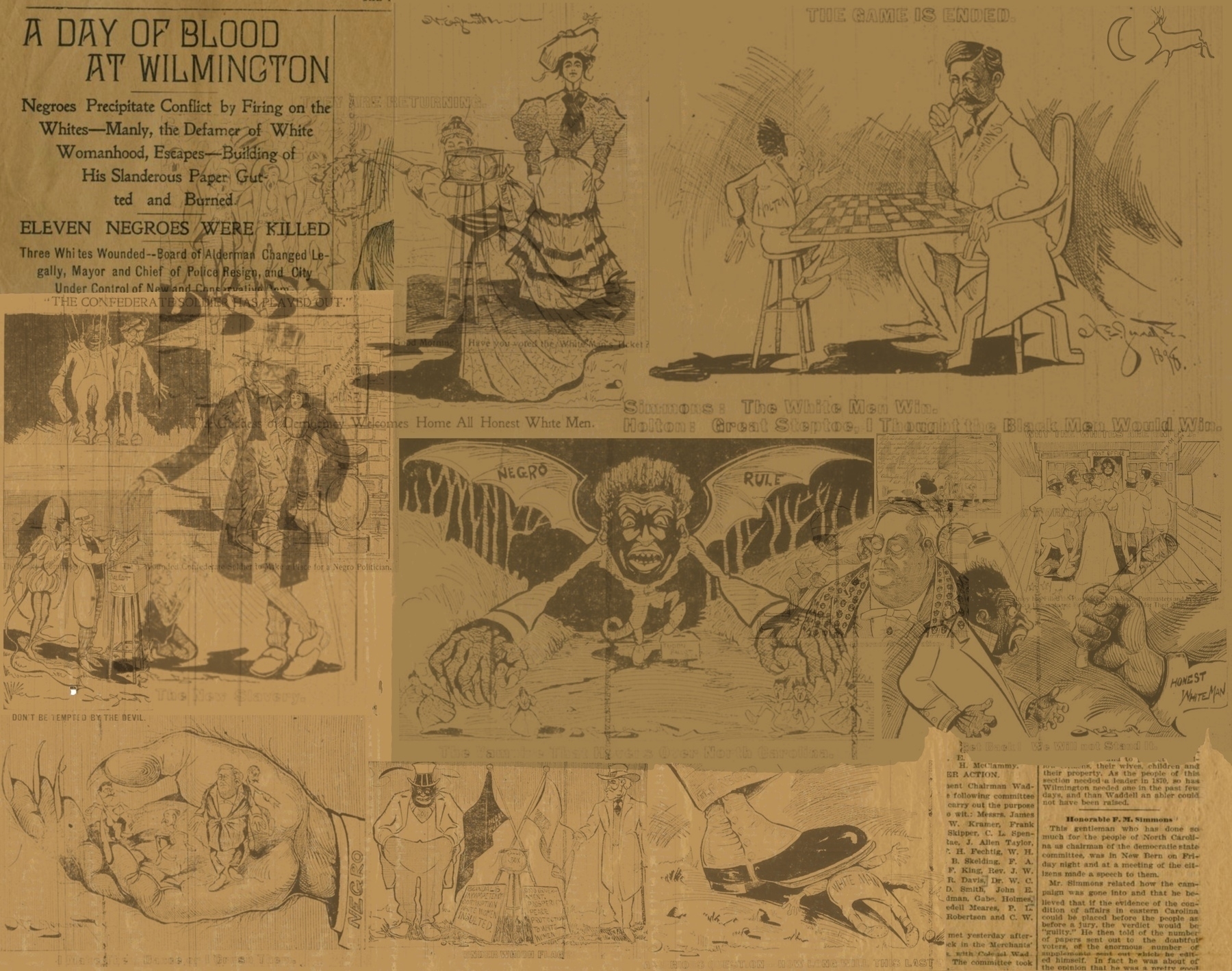
Looking into Simmons led me to the 1898 Wilmington Race Riot and
the report produced by the North Carolina Department of Natural and Cultural Resources. All the images are from Wilmington newspapers.
Chapter IV: The Psychology of Public Relations
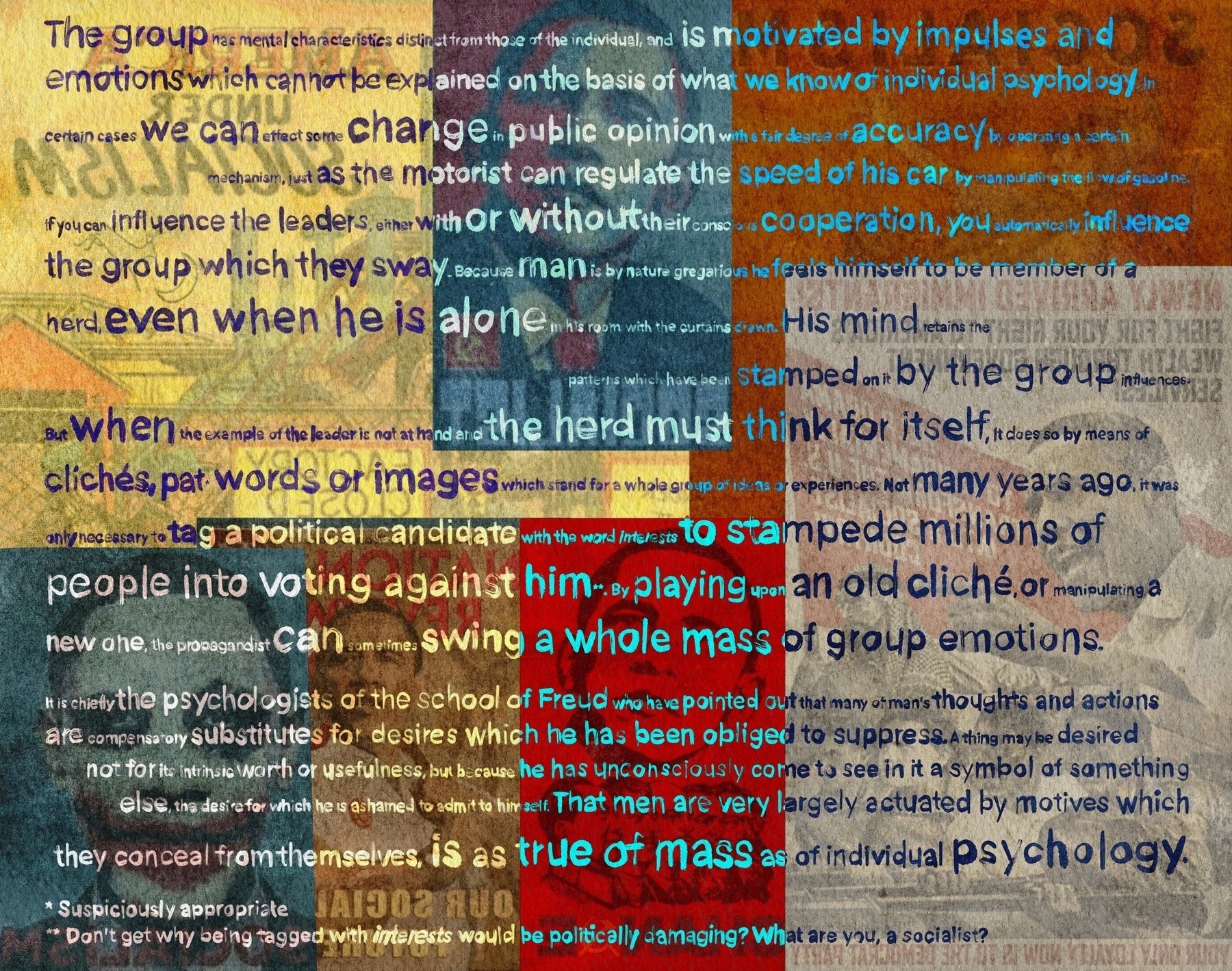
The group has mental characteristics distinct from those of the individual, and is motivated by impulses and emotions which cannot be explained on the basis of what we know of individual psychology. In certain cases we can effect some change in public opinion with a fair degree of accuracy by operating a certain mechanism, just as the motorist can regulate the speed of his car by manipulating the flow of gasoline.
If you can influence the leaders, either with or without their conscious cooperation, you automatically influence the group which they sway. Because man is by nature gregarious he feels himself to be member of a herd, even when he is alone in his room with the curtains drawn. His mind retains the patterns which have been stamped on it by the group influences.
But when the example of the leader is not at hand and the herd must think for itself, It does so by means of clichés, pat words or images which stand for a whole group of ideas or experiences. Not many years ago, it was only necessary to tag a political candidate with the word interests to stampede millions of people into voting against him4. By playing upon an old cliché, or manipulating a new one, the propagandist can sometimes swing a whole mass of group emotions.
It is chiefly the psychologists of the school of Freud who have pointed out that many of man's thoughts and actions are compensatory substitutes for desires which he has been obliged to suppress. A thing may be desired not for its intrinsic worth or usefulness, but because he has unconsciously come to see in it a symbol of something else, the desire for which he is ashamed to admit to himself. That men are very largely actuated by motives which they conceal from themselves, is as
true of mass as of individual psychology.

Hands down, the tag du jour would have to be socialist. So I dug out some examples.
Chapter V: Business and the Public

Businesses realize that its relationship to the public is not confined to the manufacture and sale of a given product, but includes at the same time the selling of itself and of all those things for which it stands in the public mind.
Business is conscious of the public's conscience. This consciousness has led to a healthy cooperation. Today supply must actively seek to create its corresponding demand; it must maintain constant touch, through advertising and propaganda, with the vast public. To make customers is the new problem.
Business must express itself and its entire corporate existence. It must dramatize its personality and interpret its objectives in every particular in which it comes into contact with the community (or the nation) of which it is a part.
The public relations activities of a business can not be a protective coloring to hide its real aims.
Continuous interpretation is achieved by trying to control every approach to the public mind in such a manner that the public receives the desired impression, often without being conscious of it.
The businessman has become a responsible member of the social group. It is not a question of ballyhoo, of creating a picturesque fiction for public consumption.
Public opinion is no longer inclined to be unfavorable to the large business merger. It resents the censorship of business by the Federal Trade Commission.
A merger may bring into existence huge new resources, and these resources, perhaps amounting to millions of dollars in a single operation, can often fairly be said to have been created by the expert manipulation of public opinion. It must be repeated that I am not speaking of artificial value given to a stock by dishonest propaganda or stock manipulation.
I believe that competition in the future will not be only an advertising competition between individual products or between big associations, but that it will in addition be a competition of propaganda.
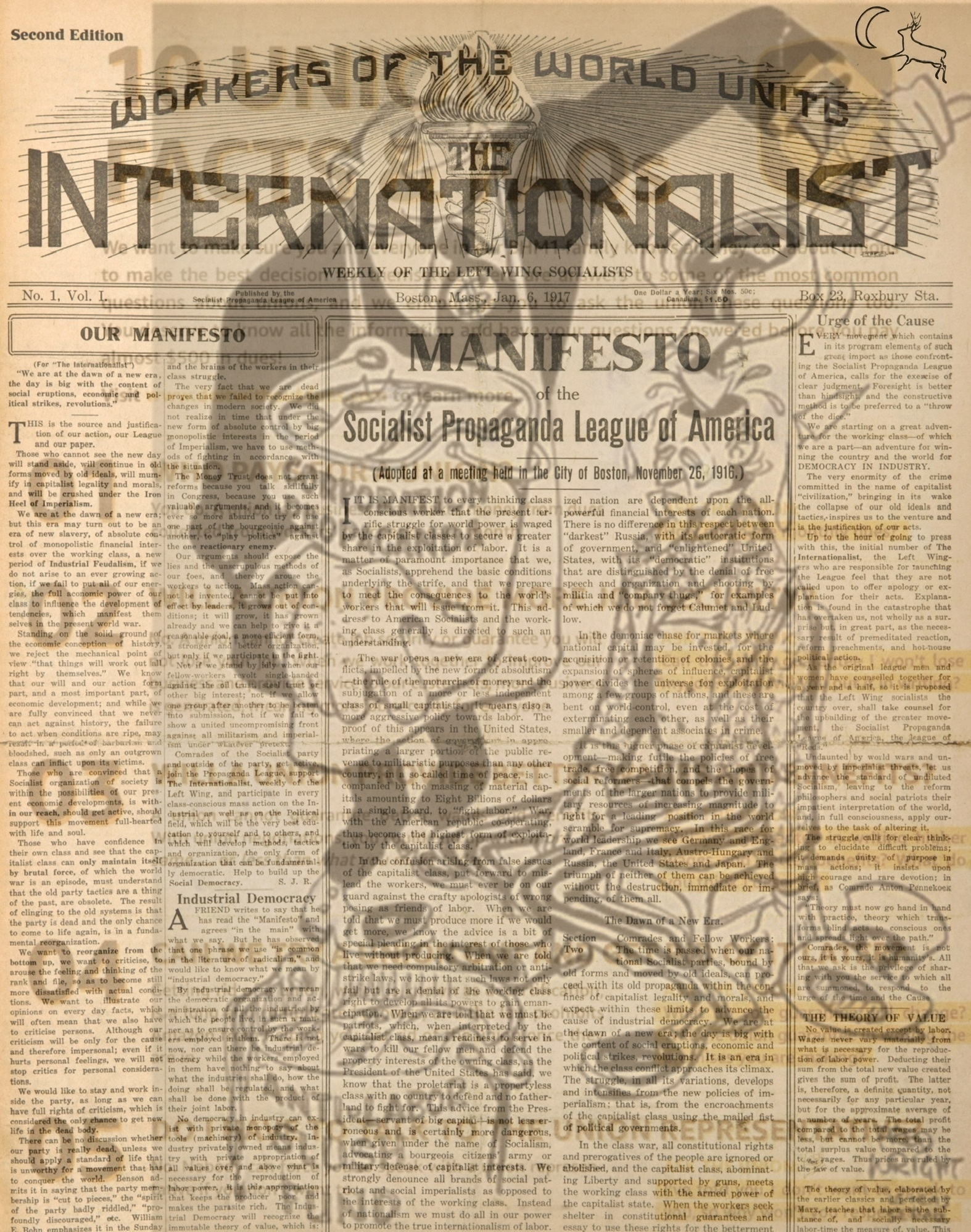
Chapter VI: Propaganda and Political Leadership
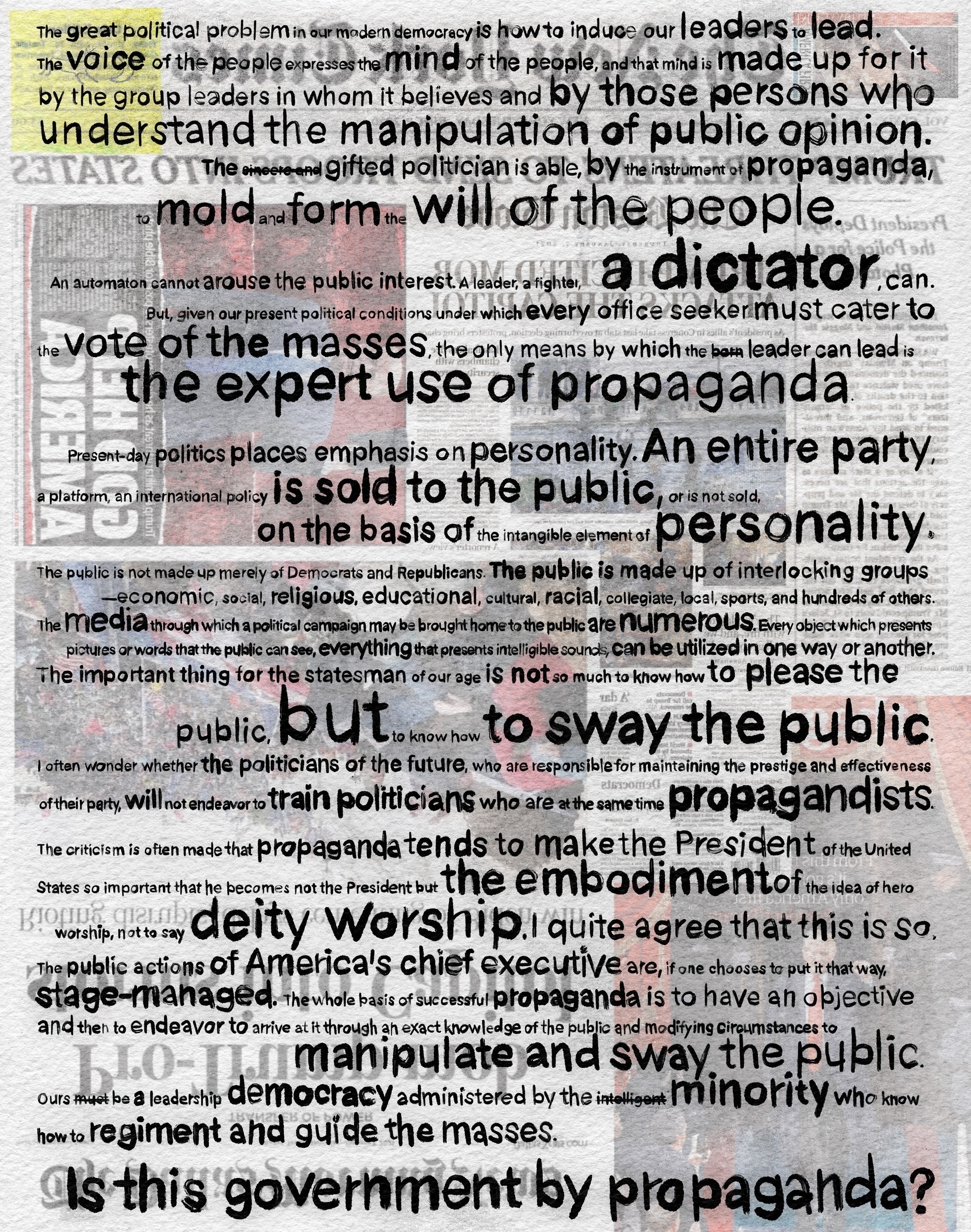
The great political problem in our modern democracy is how to induce our leaders to lead.
The voice of the people expresses the mind of the people, and that mind is made up for it by the group leaders in whom it believes and by those persons who understand the manipulation of public opinion.
The sincere and gifted politician is able, by the instrument of propaganda, to mold and form the will of the people.
An automaton cannot arouse the public interest. A leader, a fighter, a dictator, can. But, given our present political conditions under which every office seeker must cater to the vote of the masses, the only means by which the born leader can lead is the expert use of propaganda.
Present-day politics places emphasis on personality. An entire party, a platform, an international policy is sold to the public, or is not sold, on the basis of the intangible element of personality.
The public is not made up merely of Democrats and Republicans. The public is made up of interlocking groups—economic, social, religious, educational, cultural, racial, collegiate, local, sports, and hundreds of others.
The media through which a political campaign may be brought home to the public are numerous. Every object which presents pictures or words that the public can see, everything that presents intelligible sounds, can be utilized in one way or another.
The important thing for the statesman of our age is not so much to know how to please the public, but to know how to sway the public.
I often wonder whether the politicians of the future, who are responsible for maintaining the prestige and effectiveness of their party, will not endeavor to train politicians who are at the same time propagandists.
The criticism is often made that propaganda tends to make the President of the United States so important that he becomes not the President but the embodiment of the idea of hero worship, not to say deity worship. I quite agree that this is so.
The public actions of America's chief executive are, if one chooses to put it that way, stage-managed. The whole basis of successful propaganda is to have an objective and then to endeavor to arrive at it through an exact knowledge of the public and modifying circumstances to manipulate and sway that public.
Ours must be a leadership democracy administered by the intelligent minority who know how to regiment and guide the masses. Is this government by propaganda?
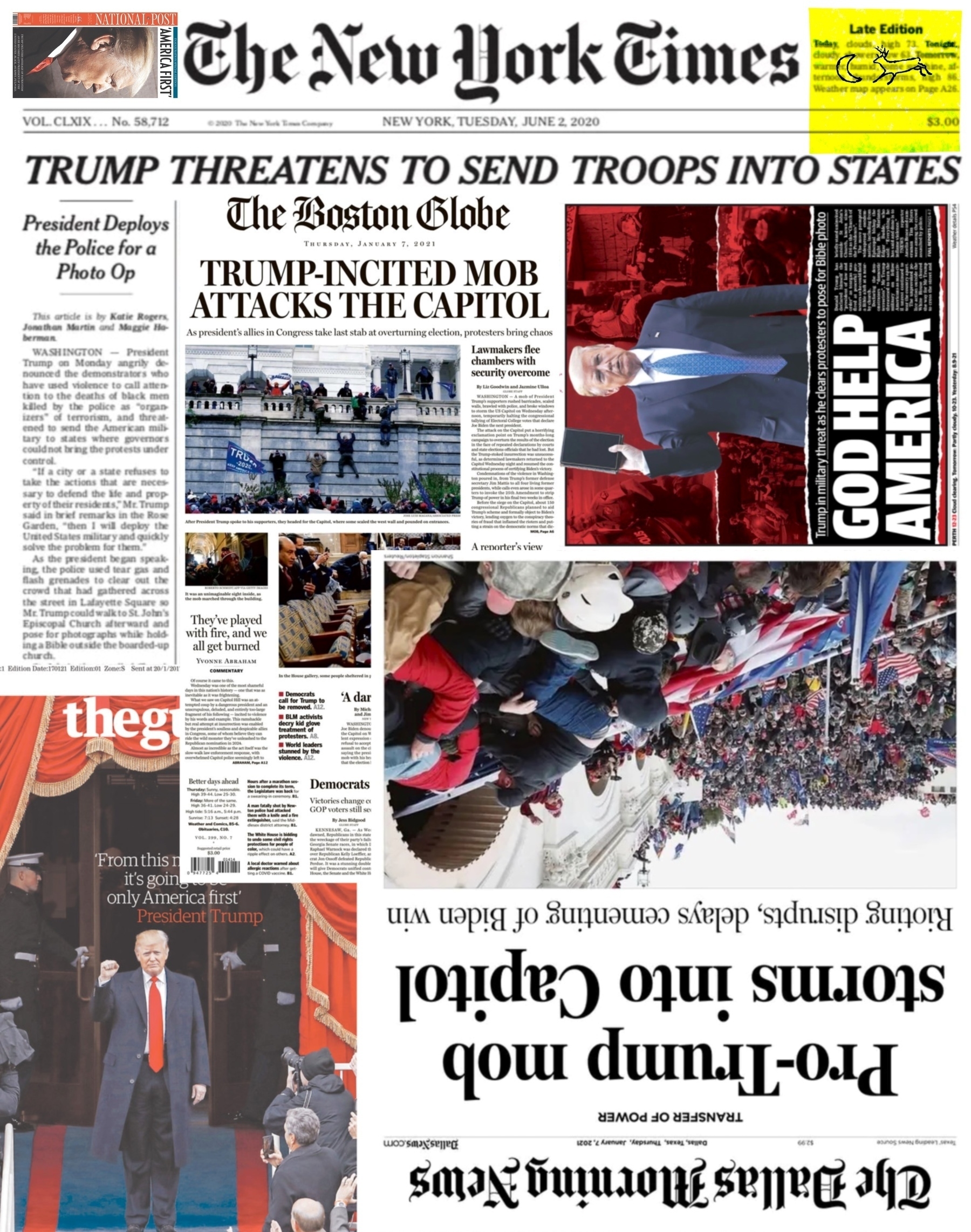
Chapter VII: Women's Activities and Propaganda
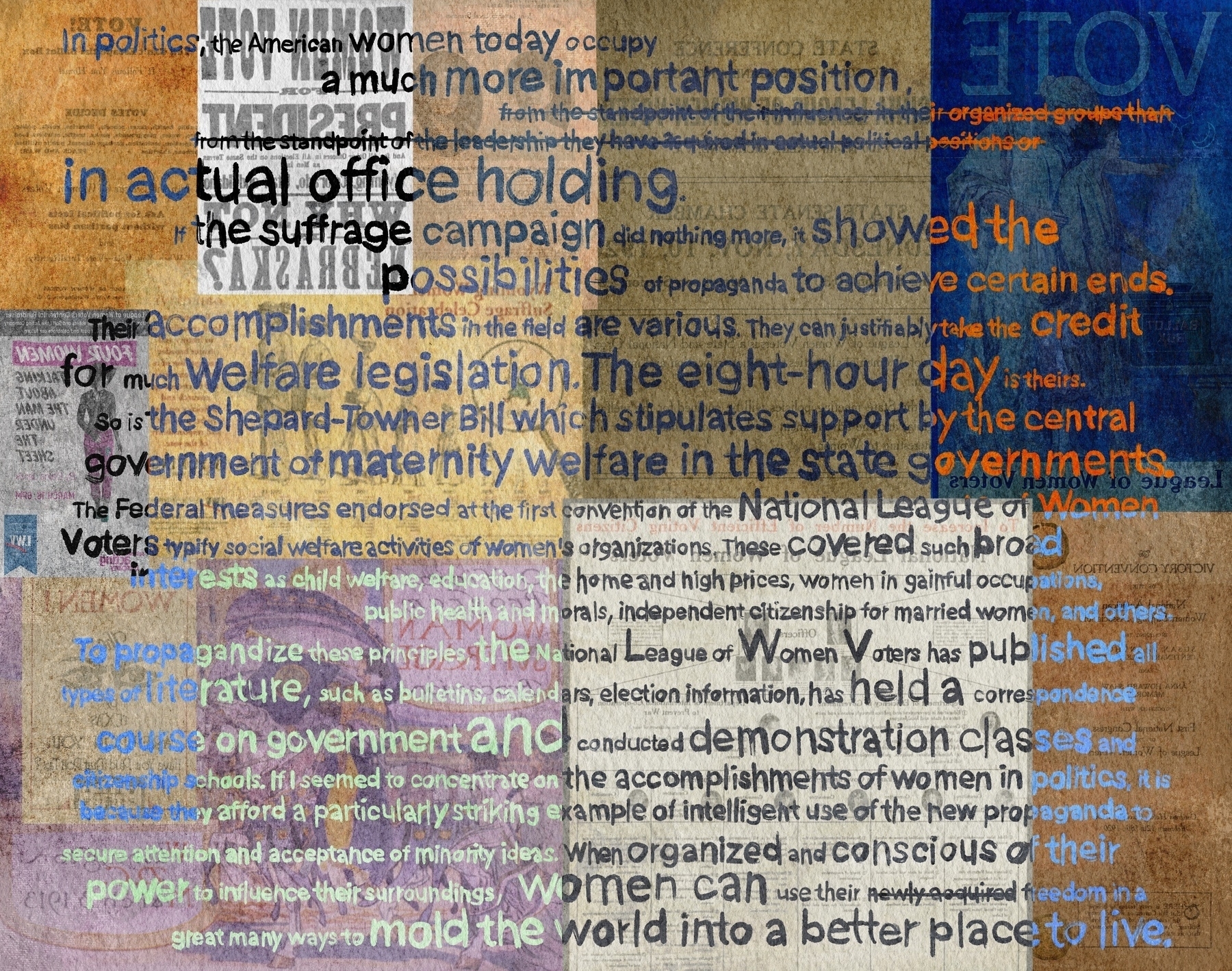
In politics, the American women today occupy a much more important position , from the standpoint of their influence, in their organized groups than from the standpoint of the leadership they have required in actual political positions or in actual office holding.
If the suffrage campaign did nothing more, it showed the possibilities of propaganda to achieve certain ends. Their accomplishments in the field are various. They can justifiably take the credit for much welfare legislation. The eight-hour day is theirs. So is the Shepard-Towner Bill which stipulates support by the central government of maternity welfare in the state governments.
The Federal measures endorsed at the first convention of the National League of Women Voters typify social welfare activities of women's organizations. These covered such broad interests as child welfare, education, the home and high prices, women in gainful occupations, public health and morals, independent citizenship for married women, and others.
To propagandize these principles, the National League of Women Voters has published all types of literature, such as bulletins, calendars, election information, has held a correspondence course on government and conducted demonstration classes and citizenship schools.
If I seemed to concentrate on the accomplishments of women in politics, it is because they afford a particularly striking example of intelligent use of the new propaganda to secure attention and acceptance of minority ideas.
When organized and conscious of their power to influence their surroundings, women can use their newly acquired freedom in a great many ways to mold the world into a better place to live.
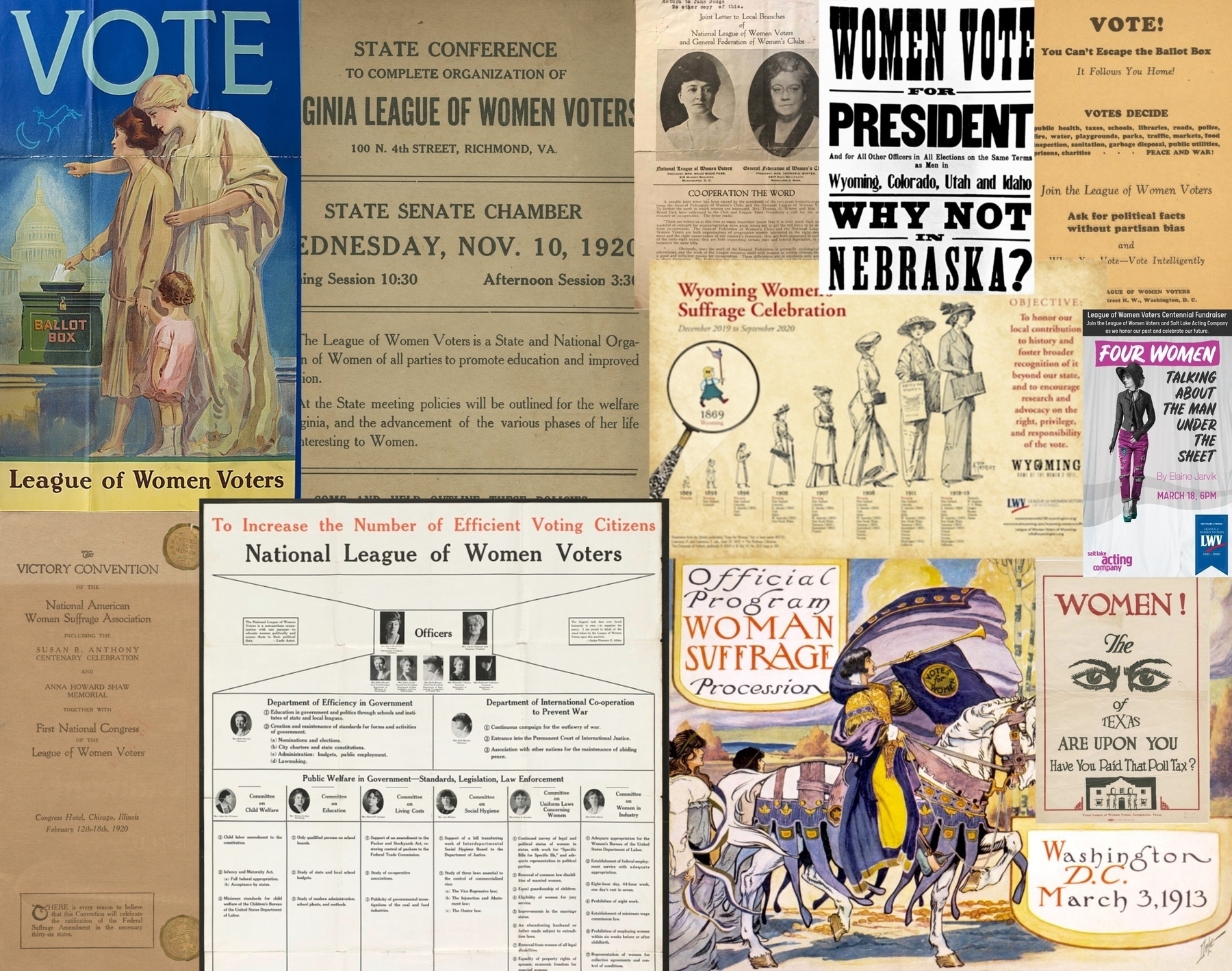
Chapter VIII: Propaganda for Education
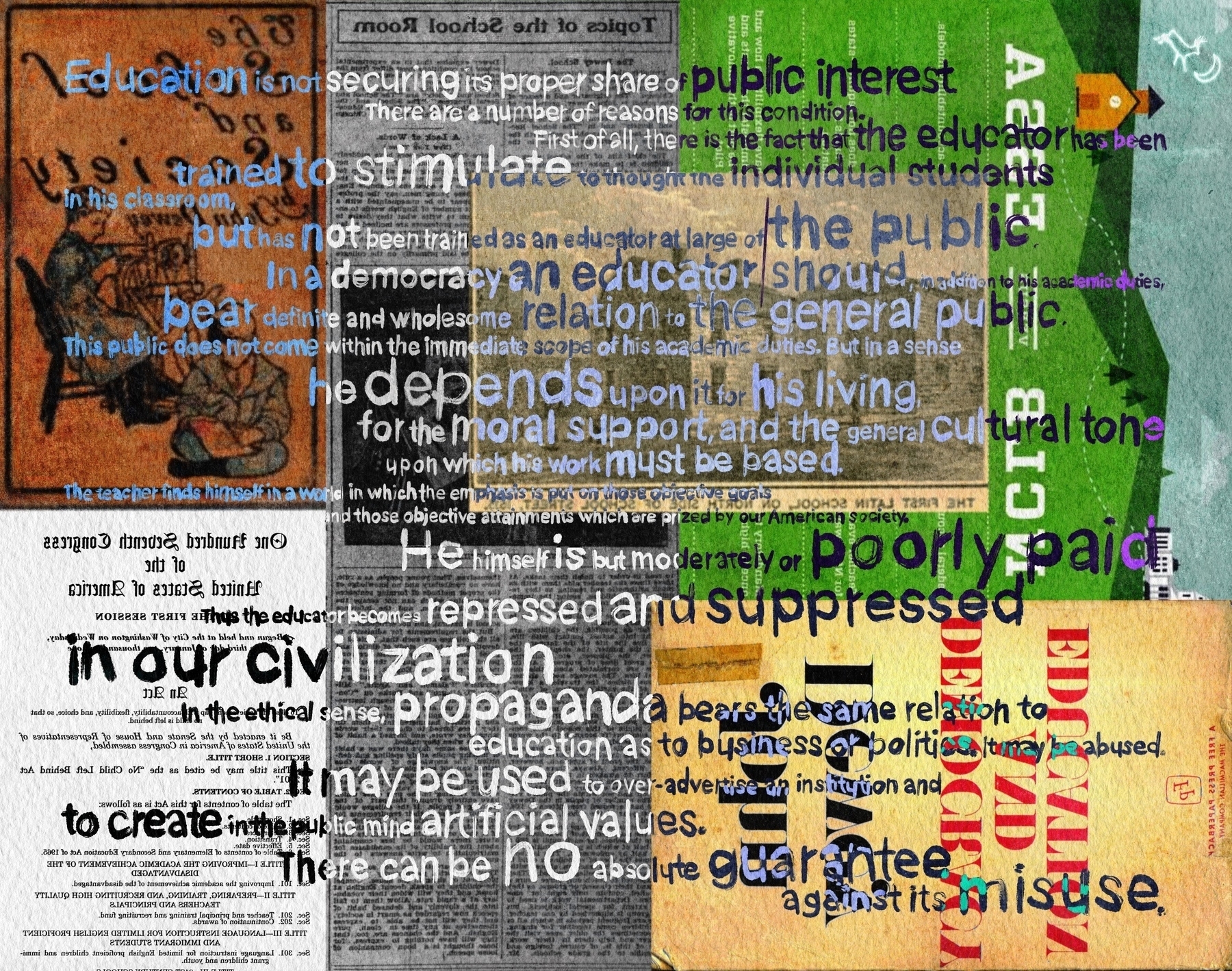
Education is not securing its proper share of public interest.
There are a number of reasons for this condition. First of all, there is the fact that the educator has been trained to stimulate to thought the individual students in his classroom, but has not been trained as an educator at large of the public.
In a democracy an educator should, in addition to his academic duties, bear definite and wholesome relation to the general public. This public does not come within the immediate scope of his academic duties. But in a sense he depends upon it for his living, for the moral support, and the general cultural tone upon which his work must be based.
The teacher finds himself in a world in which the emphasis is put on those objective goals and those objective attainments which are prized by our American society. He himself is but moderately or poorly paid. Thus the educator becomes repressed and suppressed in our civilization.
In the ethical sense, propaganda bears the same relation to education as to business or politics. It may be abused. It may be used to over-advertise an institution and to create in the public mind artificial values. There can be no absolute guarantee against its misuse.

Chapter IX: Propaganda in Social Service
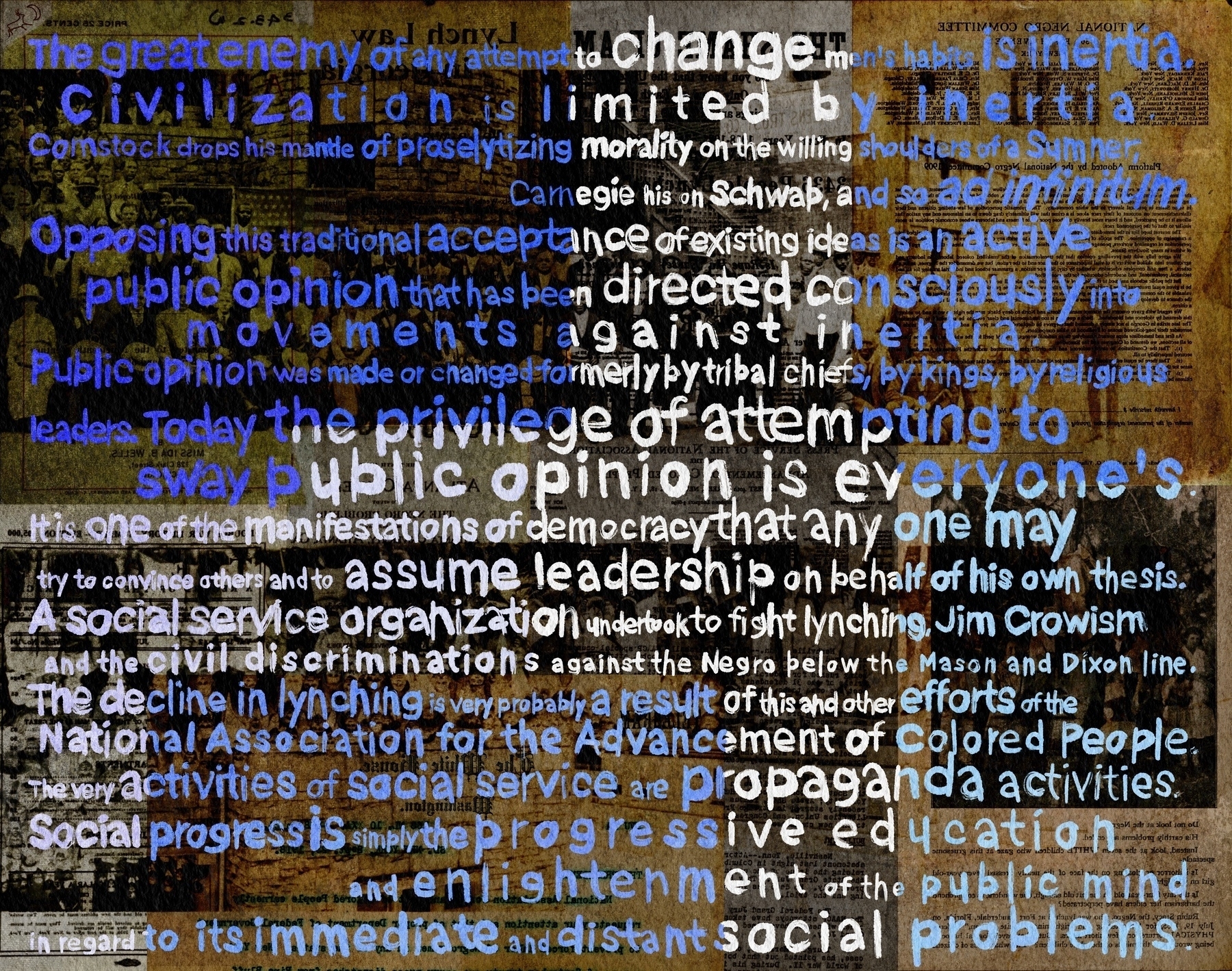
The great enemy of any attempt to change men's habits is inertia. Civilization is limited by inertia. Comstock drops his mantle of proselytizing morality on the willing shoulders of a Sumner; Carnegie his on Schwab, and so ad infinitum. Opposing this traditional acceptance of existing ideas is an active public opinion that has been directed consciously into movements against inertia.
Public opinion was made or changed formerly by tribal chiefs, by kings, by religious leaders. Today the privilege of attempting to sway public opinion is everyone's. It is one of the manifestations of democracy that any one may try to convince others and to assume leadership on behalf of his own thesis.
A social service organization undertook to fight lynching, Jim Crowism and the civil discriminations against the Negro below the Mason and Dixon line. The decline in lynching is very probably a result of this and other efforts of the National Association for the Advancement of Colored People.
The very activities of social service are propaganda activities. Social progress is simply the progressive education and enlightenment of the public mind in regard to its immediate and distant social problems.

Chapter X: Art and Science
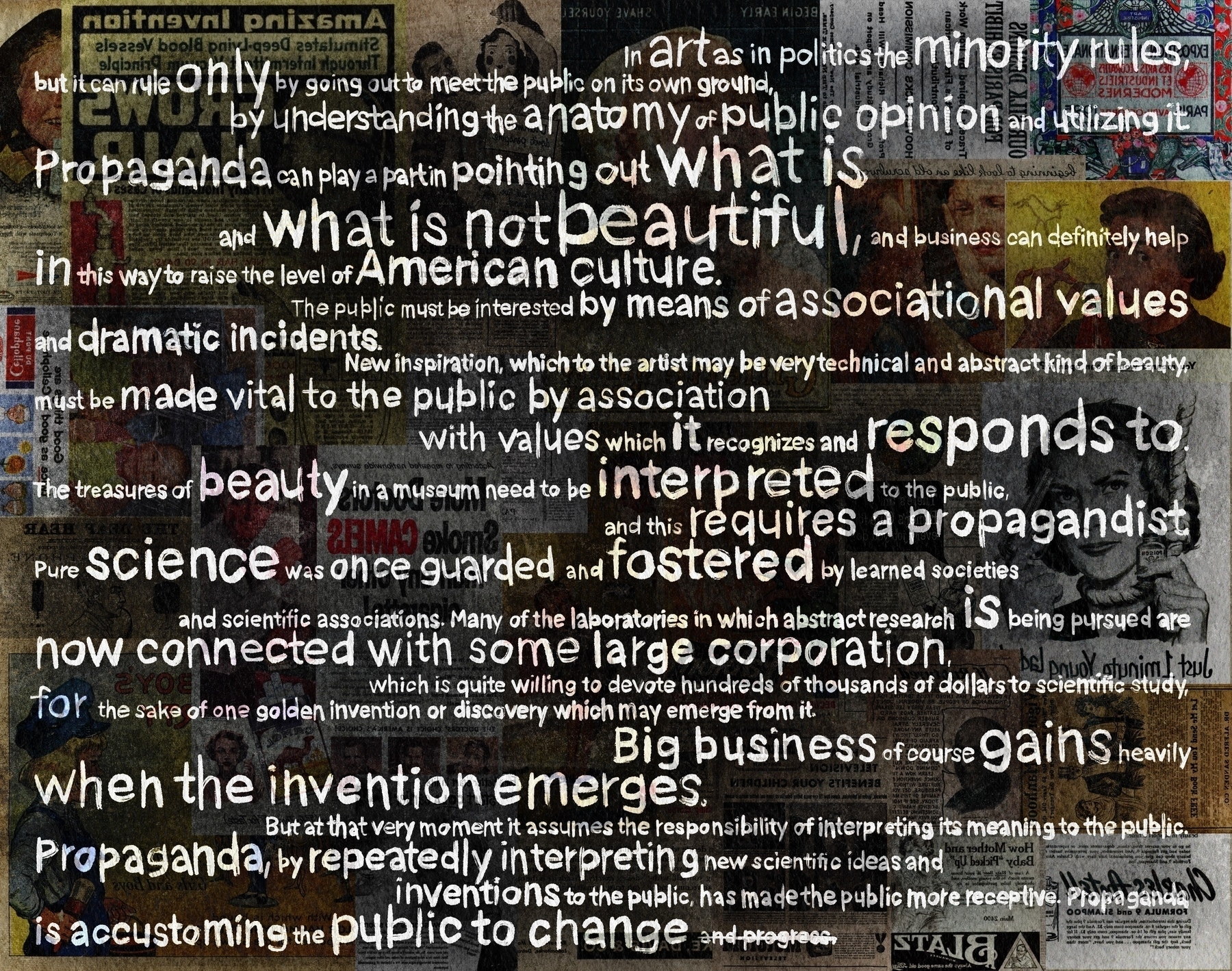
In art as in politics the minority rules, but it can rule only by going out to meet the public on its own ground, by understanding the anatomy of public opinion and utilizing it.
Propaganda can play a part in pointing out what is and what is not beautiful, and business can definitely help in this way to raise the level of American culture.
The public must be interested by means of associational values and dramatic incidents. New inspiration, which to the artist may be very technical and abstract kind of beauty, must be made vital to the public by association with values which it recognizes and responds to.
The treasures of beauty in a museum need to be interpreted to the public, and this requires a propagandist.
Pure science was once guarded and fostered by learned societies and scientific associations. Many of the laboratories in which abstract research is being pursued are now connected with some large corporation, which is quite willing to devote hundreds of thousands of dollars to scientific study, for the sake of one golden invention or discovery which may emerge from it. Big business of course gains heavily when the invention emerges. But at that very moment it assumes the responsibility of interpreting its meaning to the public.
Propaganda, by repeatedly interpreting new scientific ideas and inventions to the public, has made the public more receptive. Propaganda is accustoming the public to change and progress.
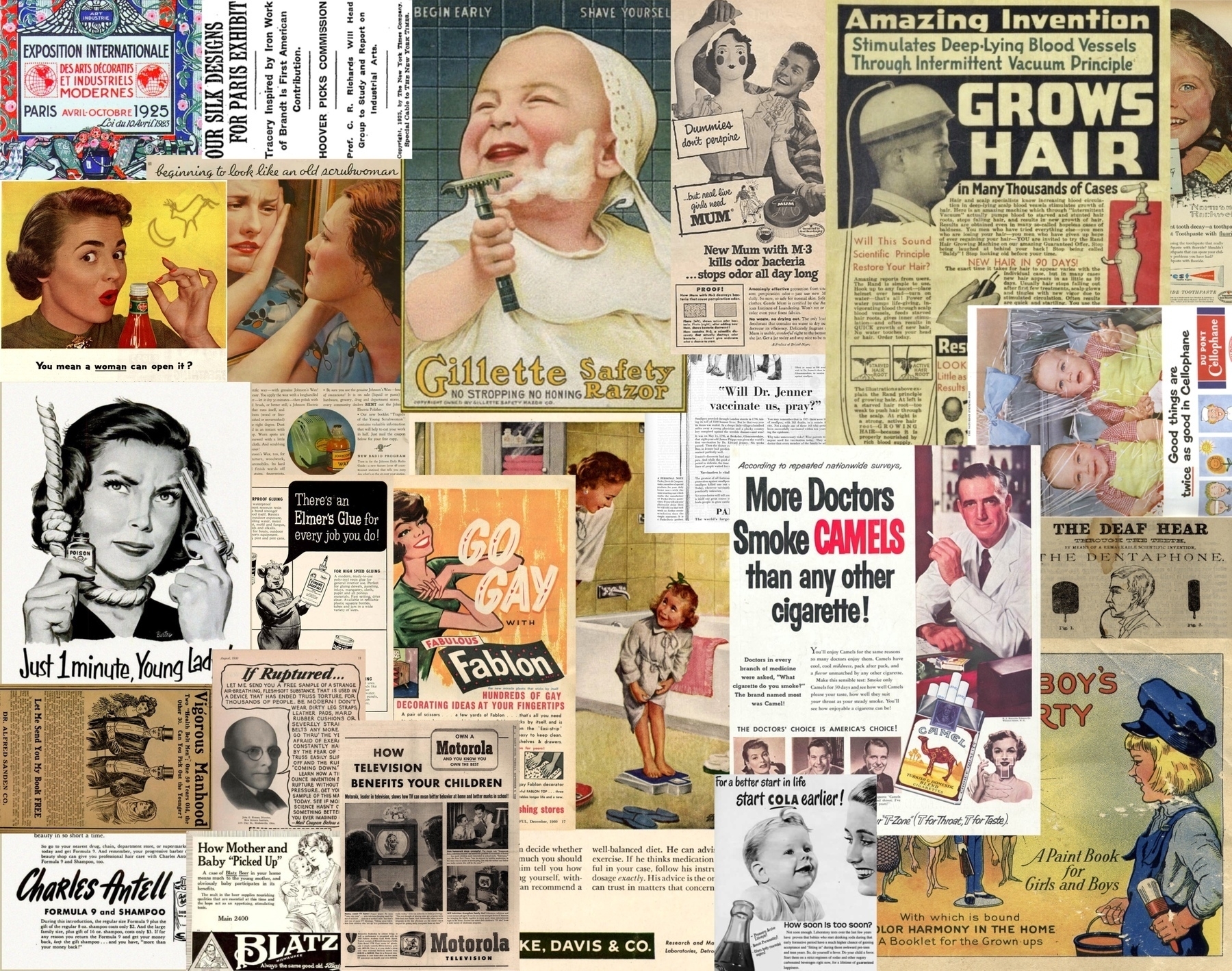
Chapter XI: The Mechanics of Propaganda
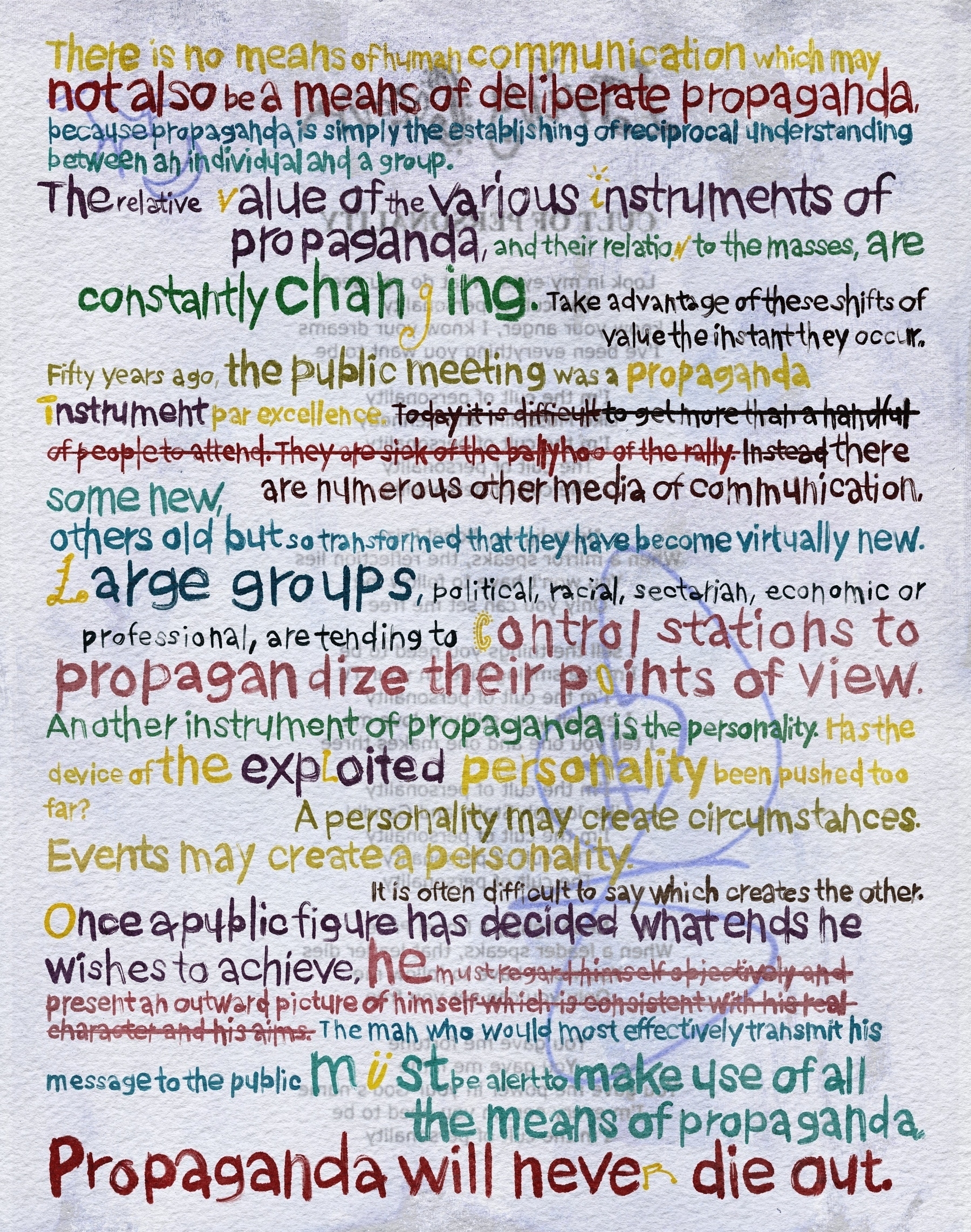
There is no means of human communication which may not also be a means of deliberate propaganda, because propaganda is simply the establishing of reciprocal understanding between an individual and a group.
The relative value of the various instruments of propaganda, and their relation to the masses, are constantly changing. Take advantage of these shifts of value the instant they occur.
Fifty years ago, the public meeting was a propaganda instrument par excellence. Today it is difficult to get more than a handful of people to attend. They are sick of the ballyhoo of the rally. Instead there are numerous other media of communication, some new, others old but so transformed that they have become virtually new.
Large groups, political, racial, sectarian, economic or professional, are tending to control stations to propagandize their points of view.
Another instrument of propaganda is the personality. Has the device of the exploited personality been pushed too far? A personality may create circumstances. Events may create a personality. It is often difficult to say which creates the other.
Once a public figure has decided what ends he wishes to achieve, he must regard himself objectively and present an outward picture of himself which is consistent with his real character and his aims. The man who would most effectively transmit his message to the public must be alert to make use of all the means of propaganda.
Propaganda will never die out.
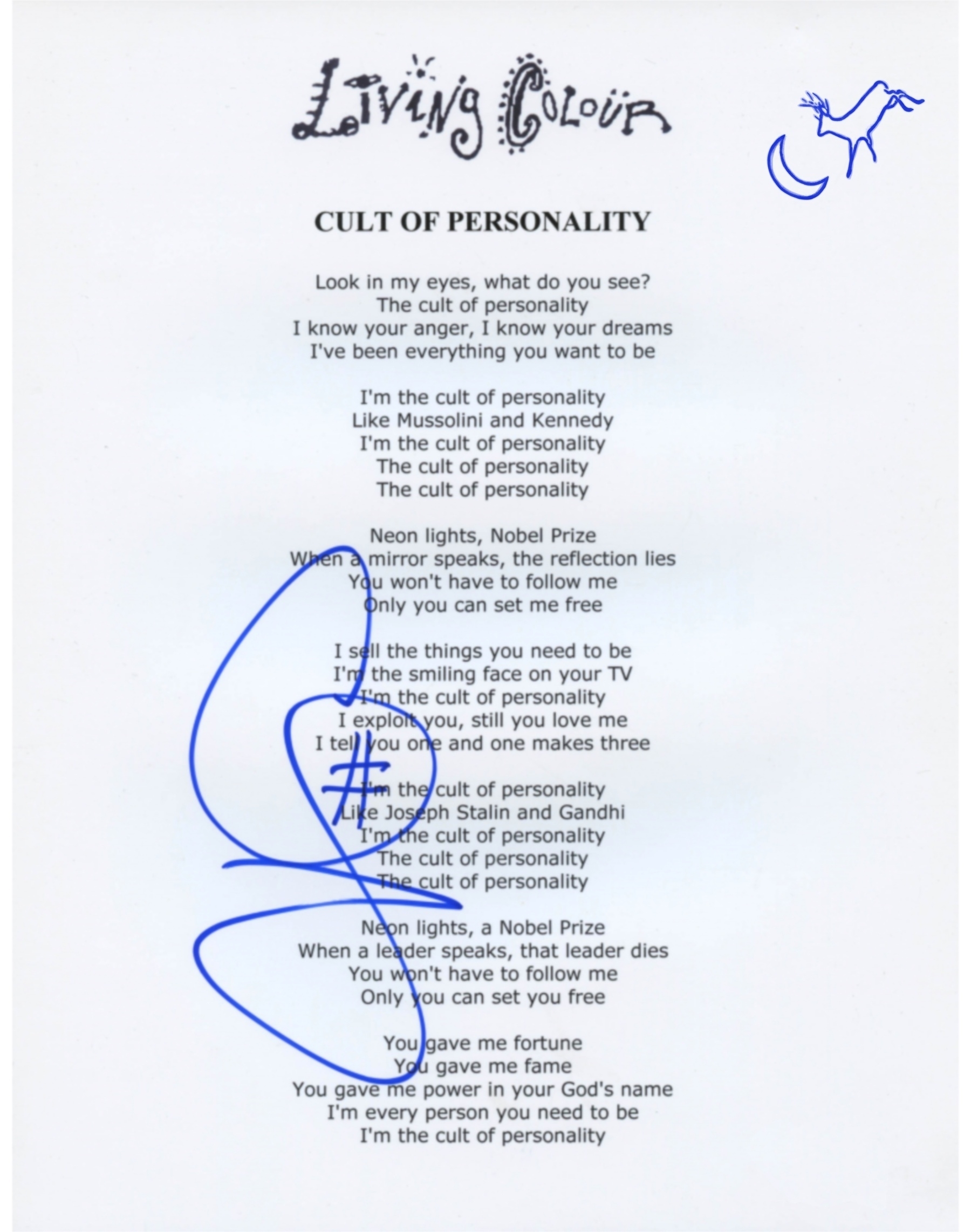
-
Up from the one hundred twenty million originally estimated by Bernays back in 1928 ↩︎
-
Hannah was a United States Senator from Ohio. He is often credited with the invention of the modern presidential campaign after managing McKinley's run in 1896 (for which he also earned the nickname Dollar Mark). ↩︎
-
Simmons was United States Senator from North Carolina, a staunch segregationist, white supremacist and a leading perpetrator of the Wilmington insurrection of 1898. ↩︎
-
Don't get why being tagged with interests would be politically damaging? What are you, a socialist? ↩︎
